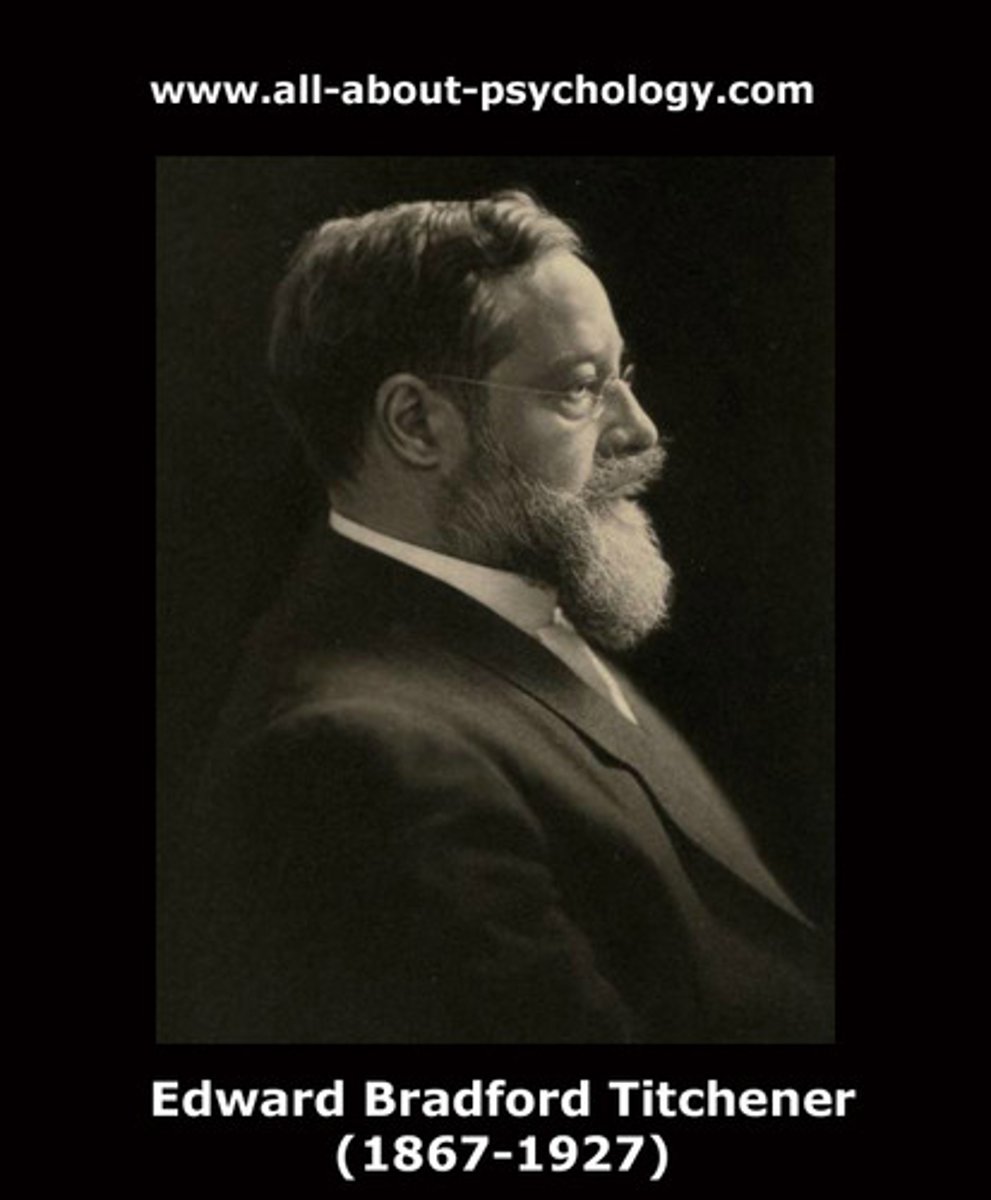AP Psych Famous Psychologists
1/49
There's no tags or description
Looks like no tags are added yet.
Name | Mastery | Learn | Test | Matching | Spaced | Call with Kai |
|---|
No study sessions yet.
50 Terms
Mary Ainsworth
Studied attachment in infants using the "strange situation" model. Label infants "secure", "insecure" (etc.) in attachment
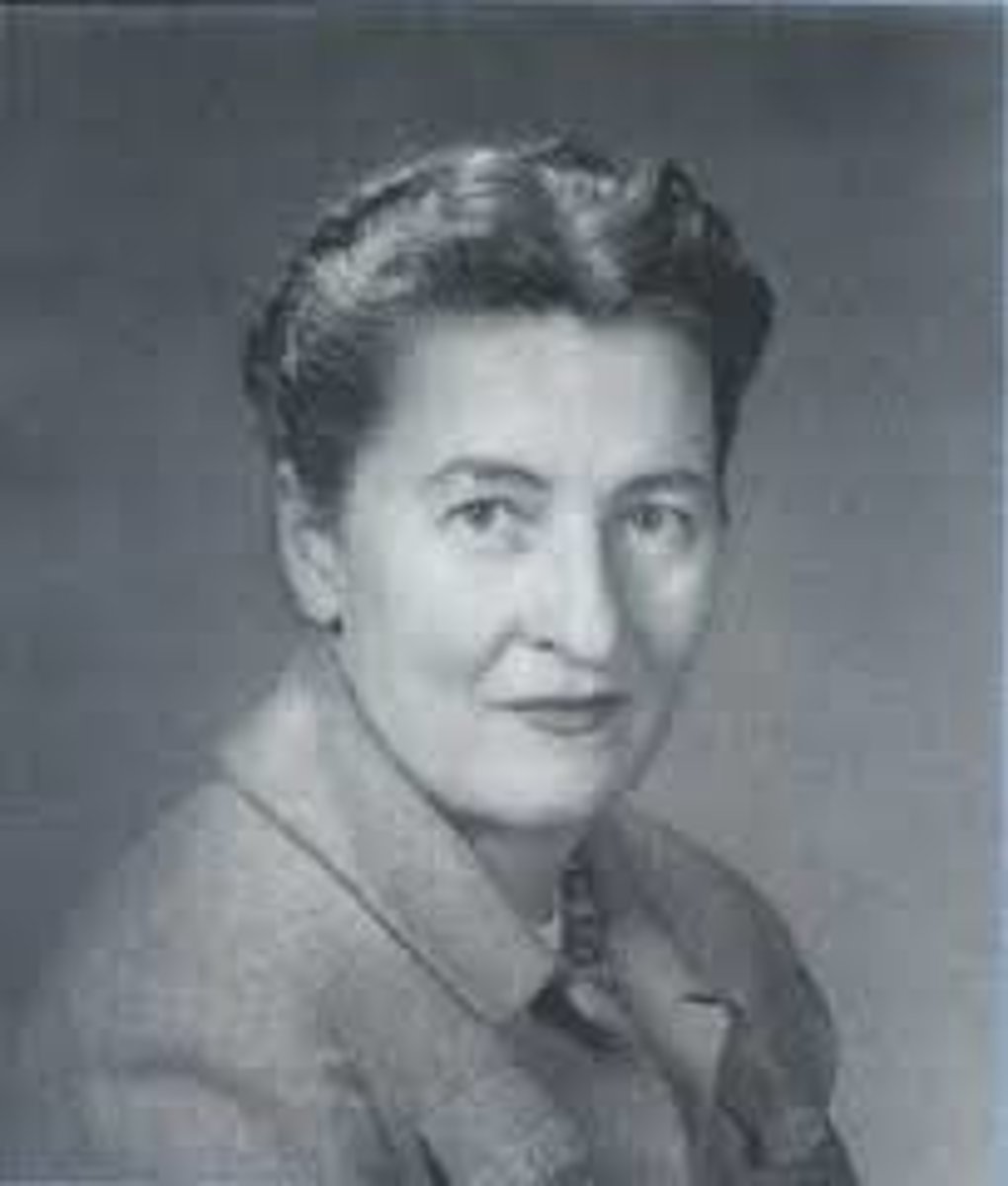
Solomon Asch
Conducted famous conformity experiment that required subjects to match lines.
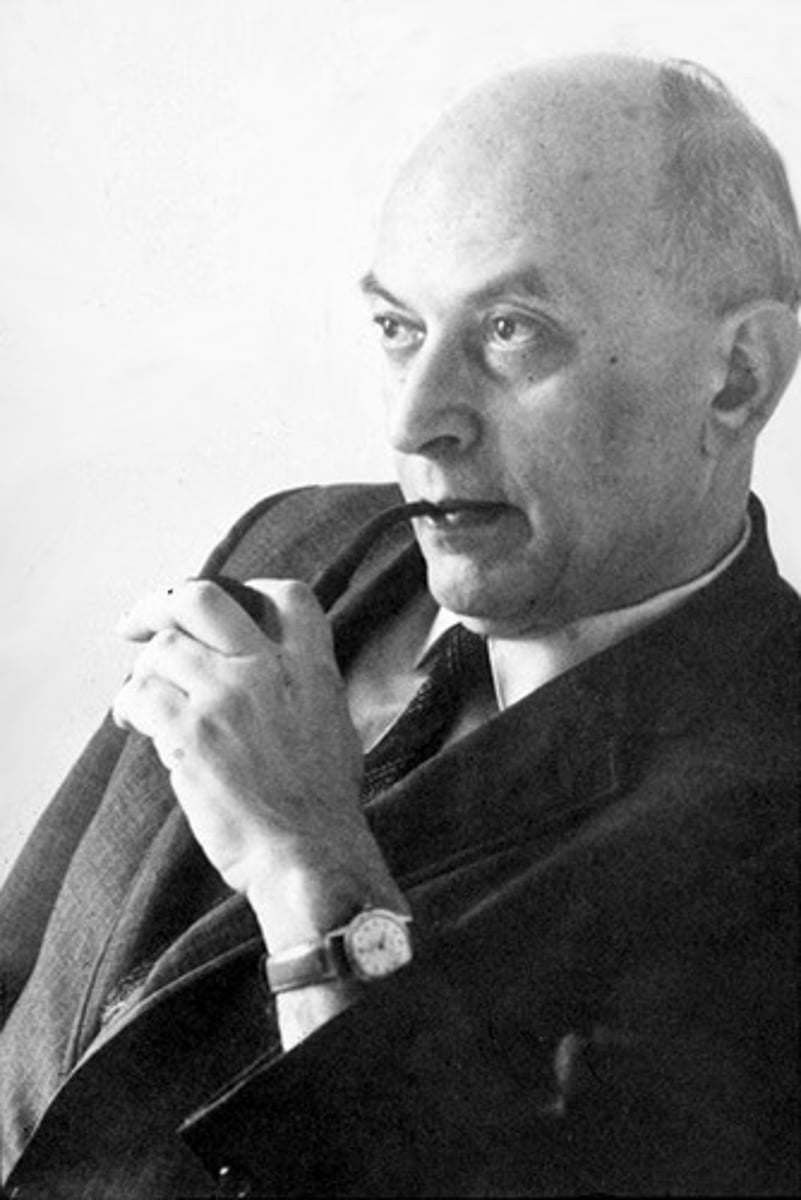
Albert Bandura
Famous for the Bobo Doll experiments on observational learning & influence in the Socio-Cognitive Perspective
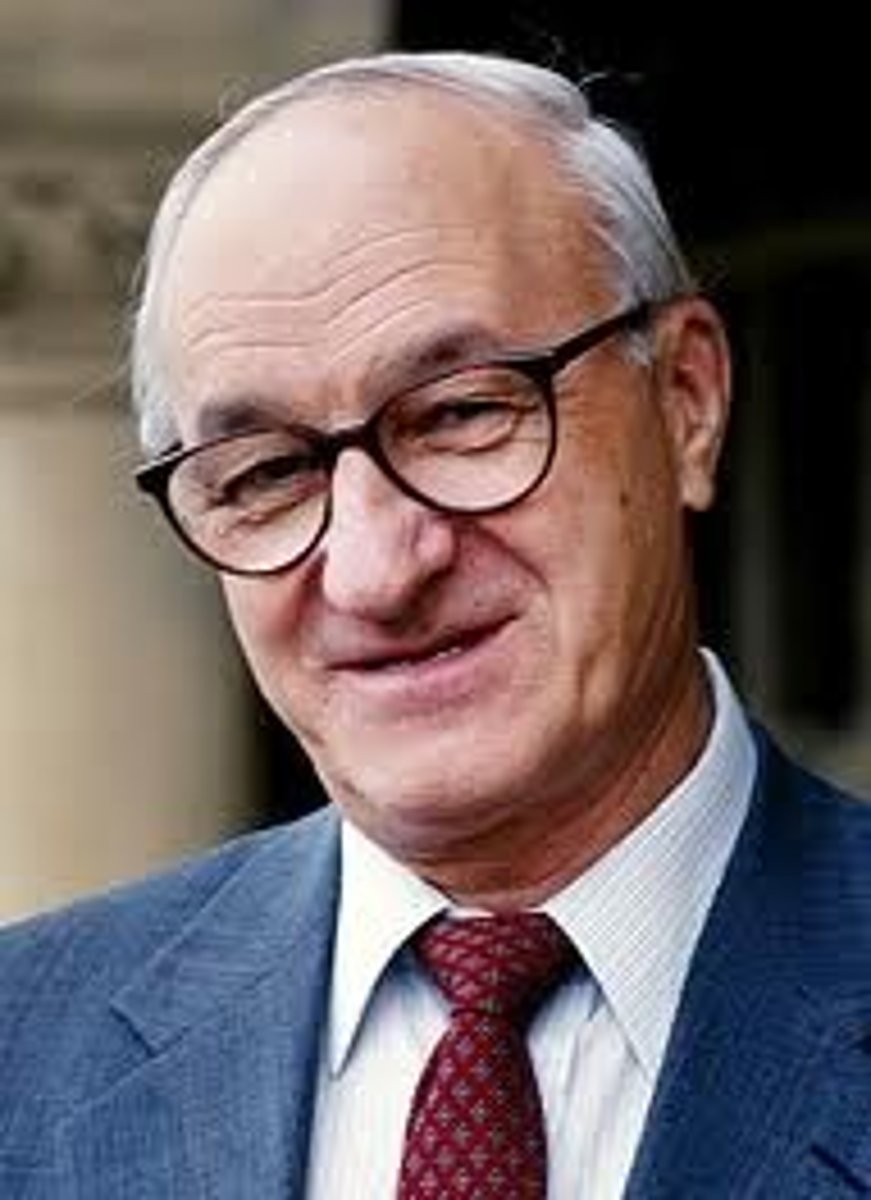
Alfred Binet
Created first intelligence test for Parisian school children
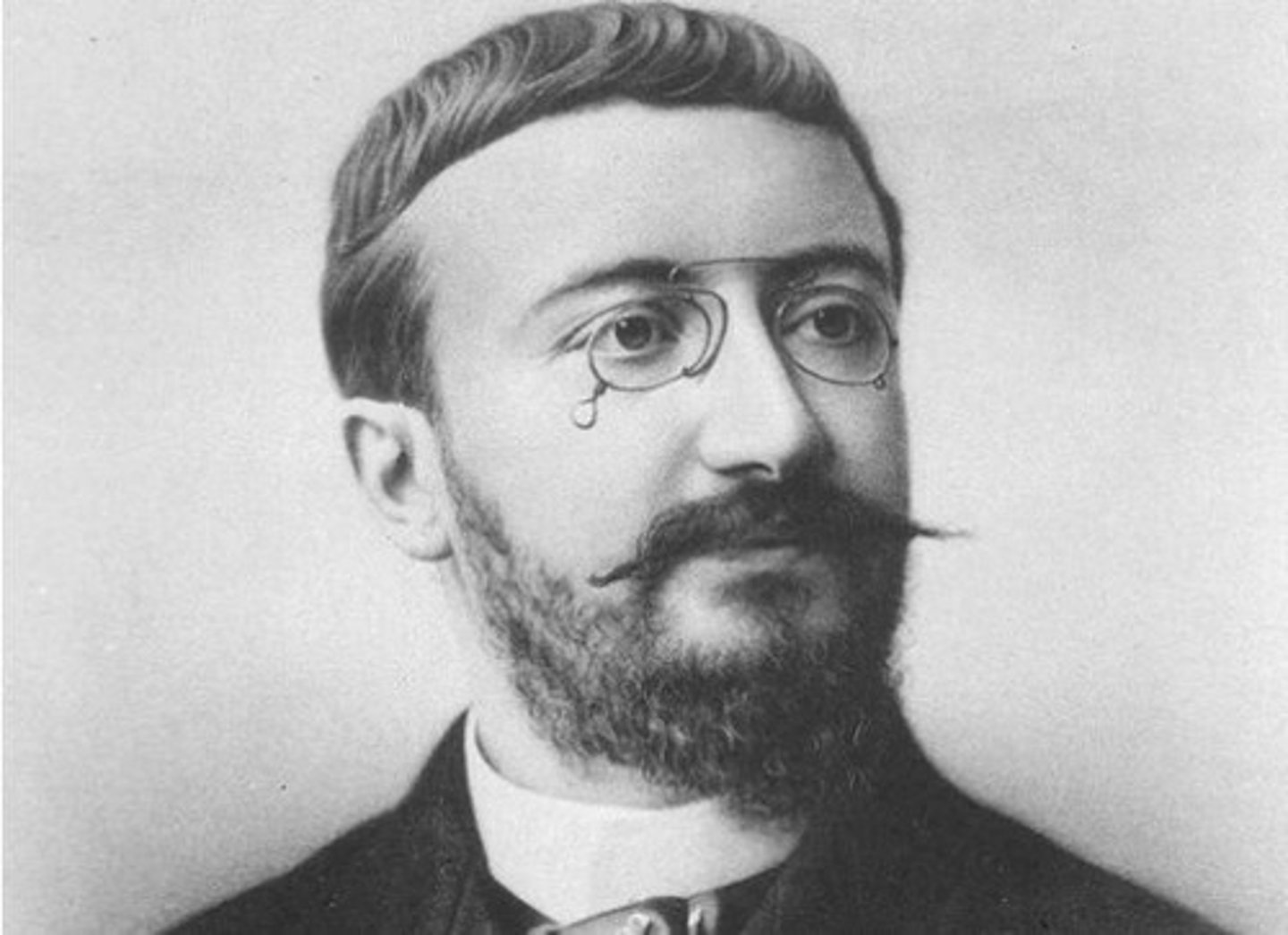
Noam Chomsky
Created concept of "universal grammar"
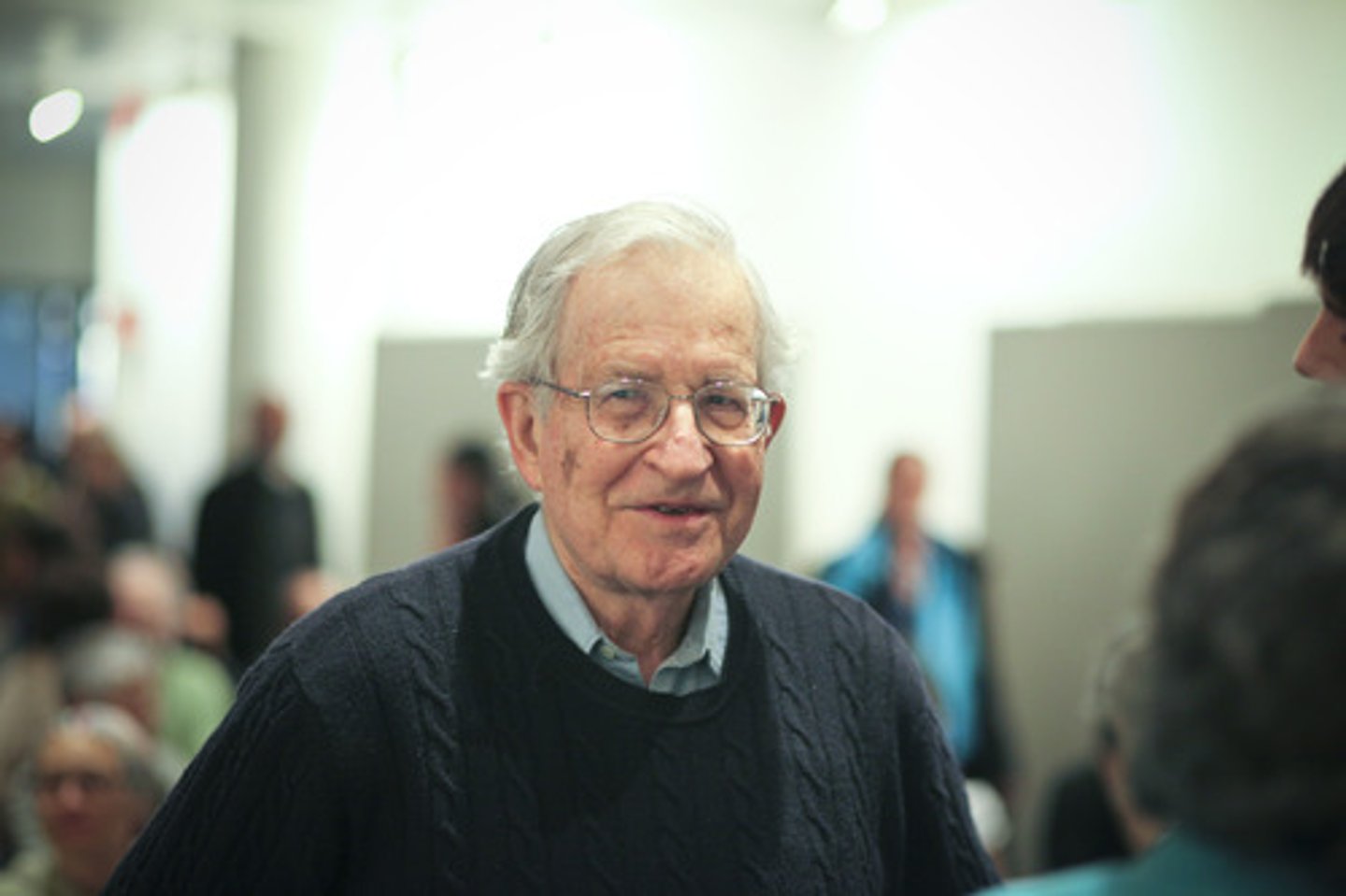
Hermann Ebbinghaus
Memorized nonsense syllables in early study on human memory
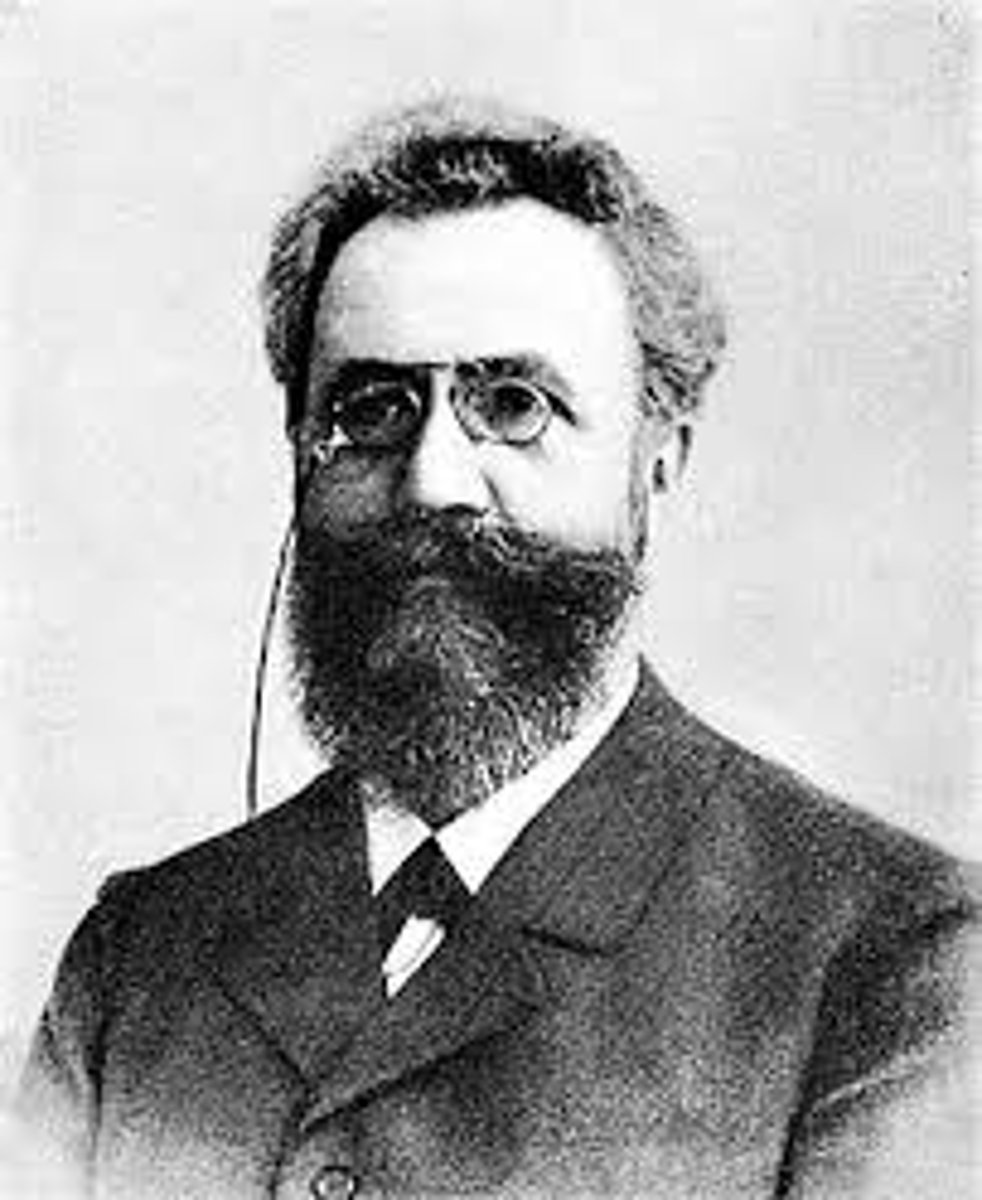
Erik Erikson
Known for his 8-stage theory of Psychosocial Development
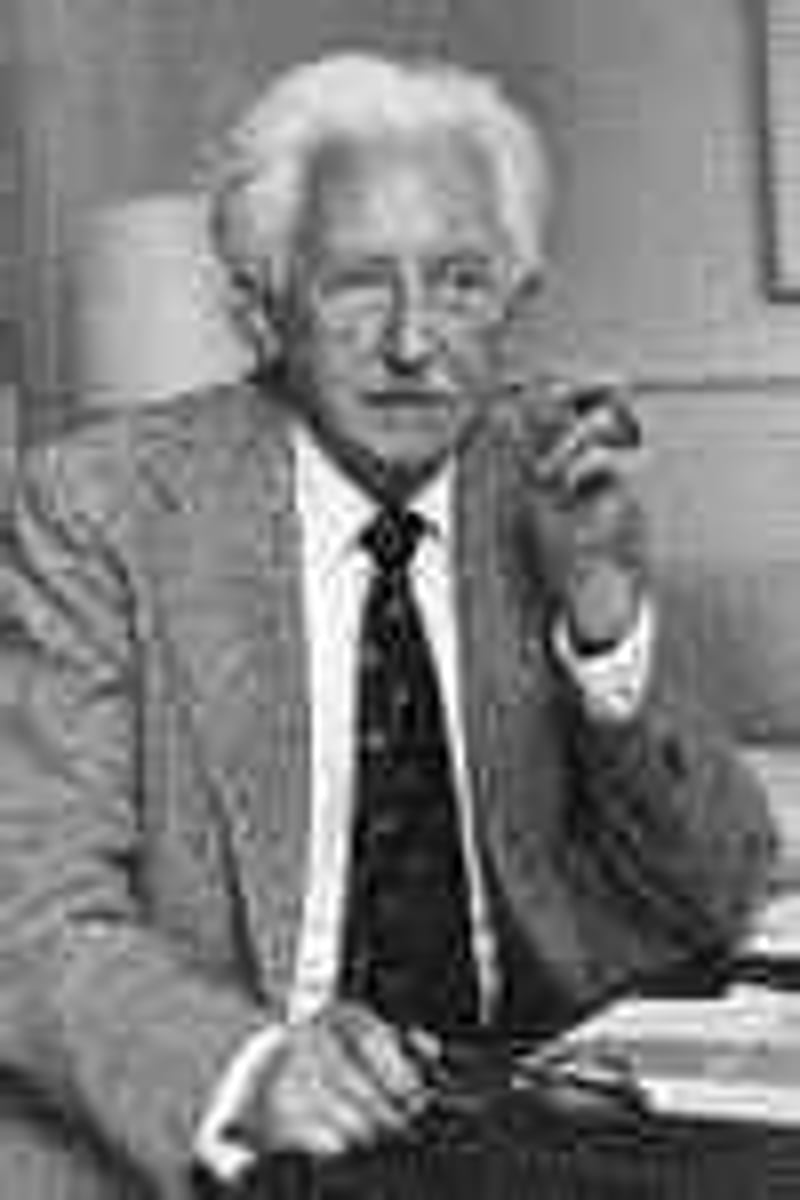
Sigmund Freud
Developed psychoanalysis; considered to be "father of modern psychiatry"
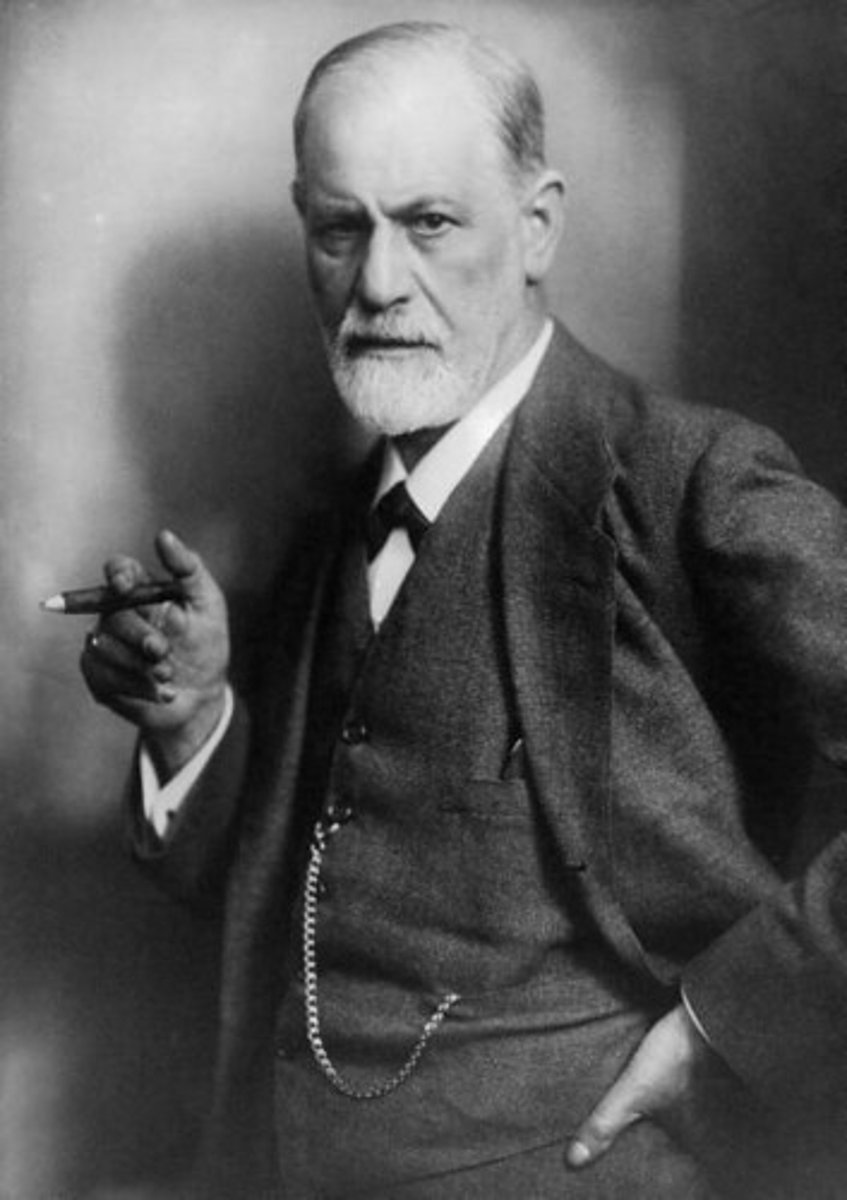
Harry Harlow
Studied attachment in monkeys with artificial mothers
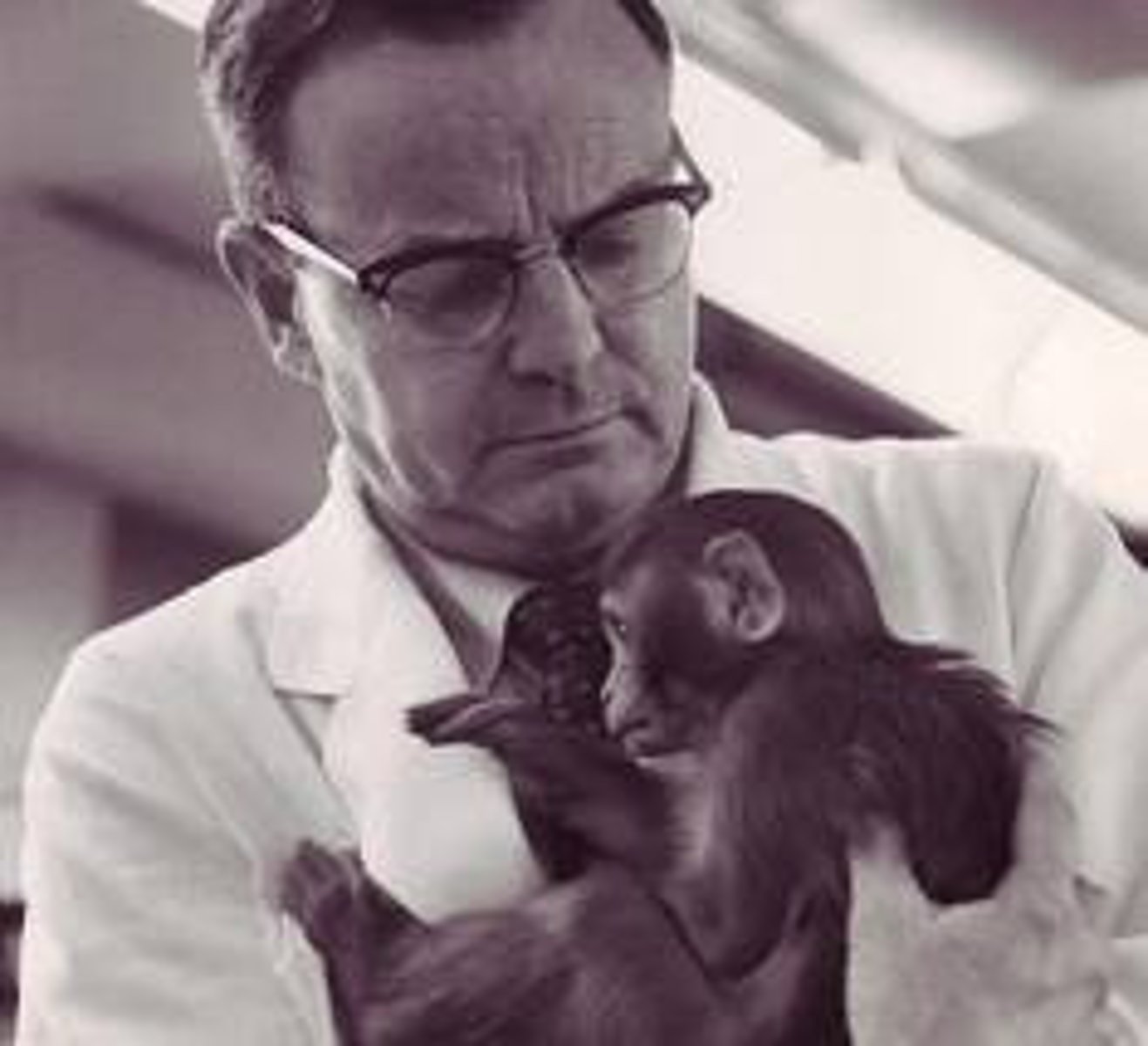
William James
created Functionalist school of thought; early American psychology teacher/philosopher
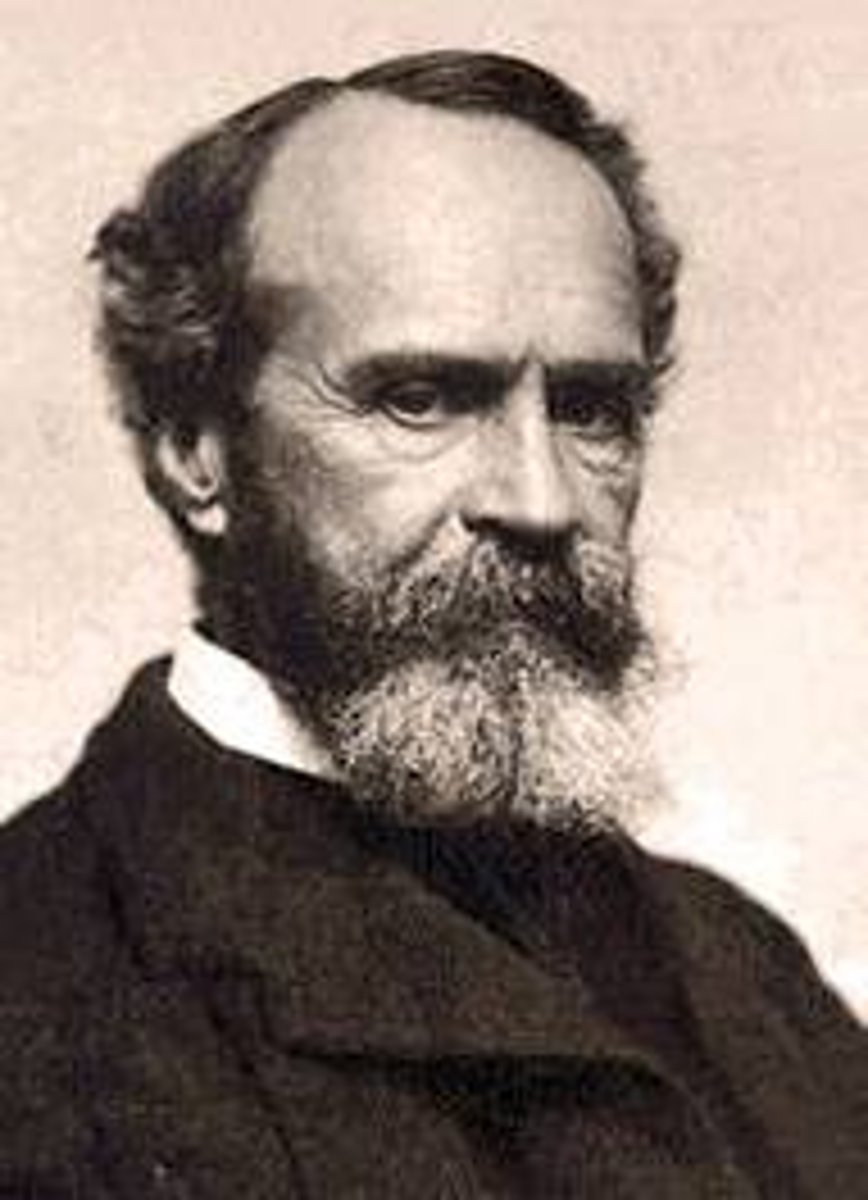
Lawrence Kohlberg
Famous for his theory of moral development in children; made use of moral dilemmas in assessment
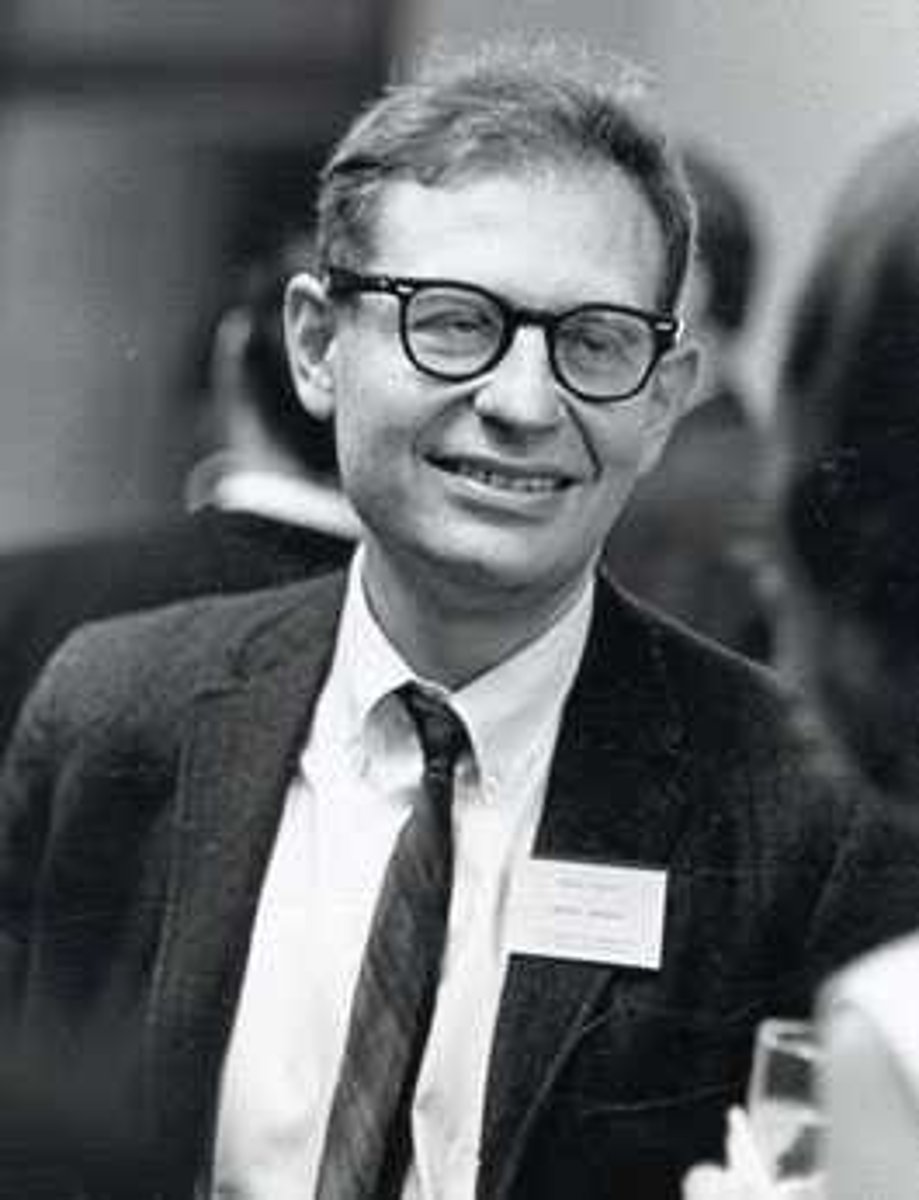
Elizabeth Loftus
Her research on memory construction and the misinformation effect created doubts about the accuracy of eye-witness testimony
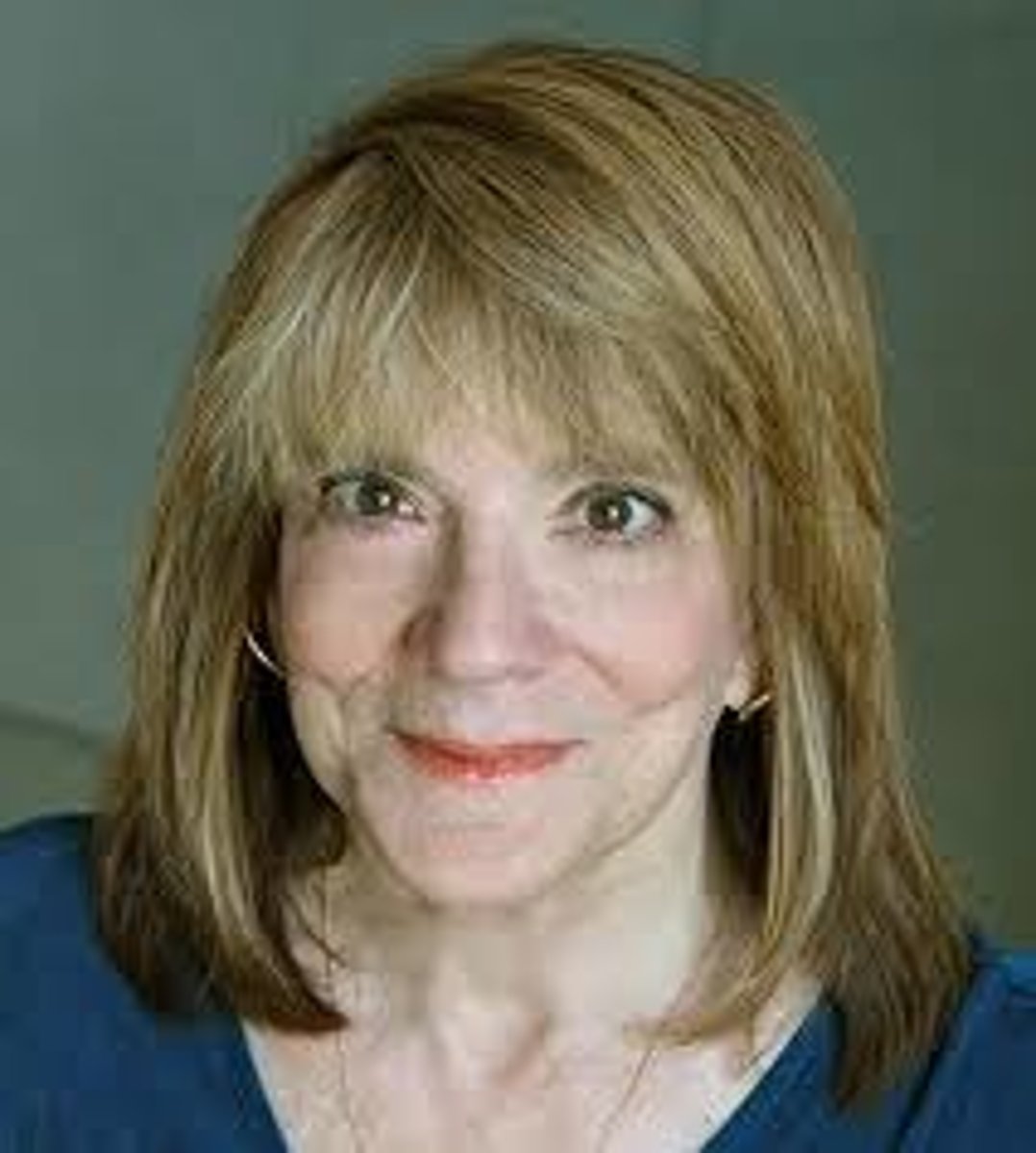
Abraham Maslow
Humanistic psychologist known for his "Hierarchy of Needs" and the concept of "self-actualization"
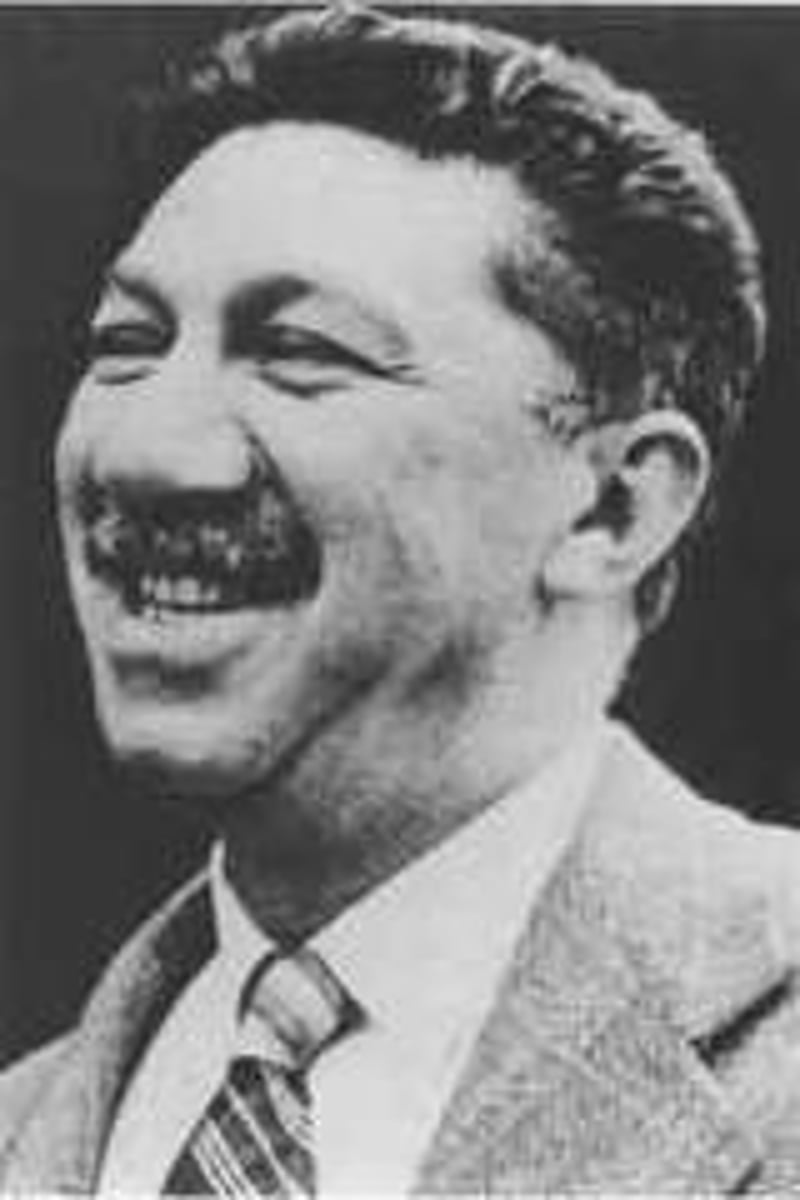
Stanley Milgram
Conducted "shocking" (Ha!) experiments on obedience
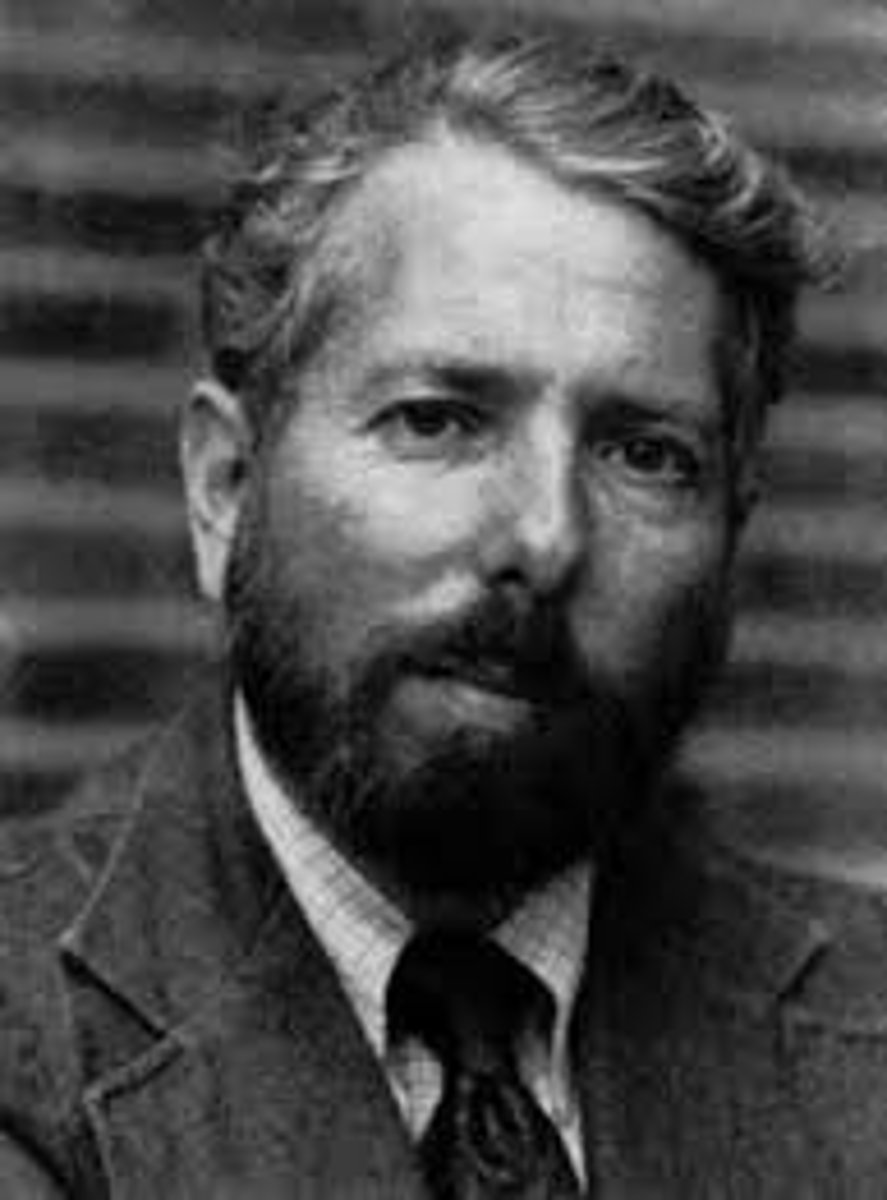
Ivan Pavlov
Described process of classical conditioning after famous experiments with dogs
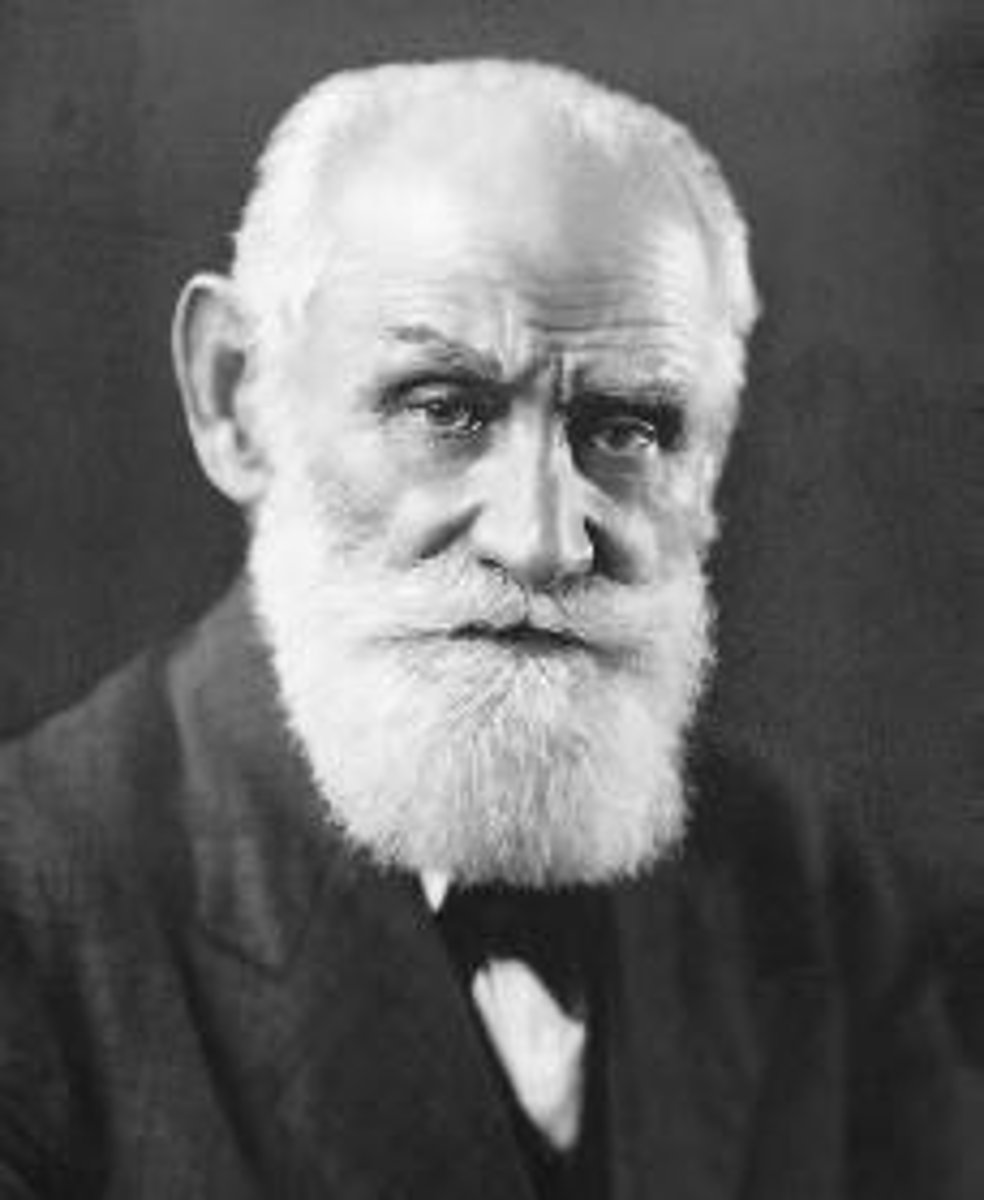
Jean Piaget
Known for his theory of cognitive development in children
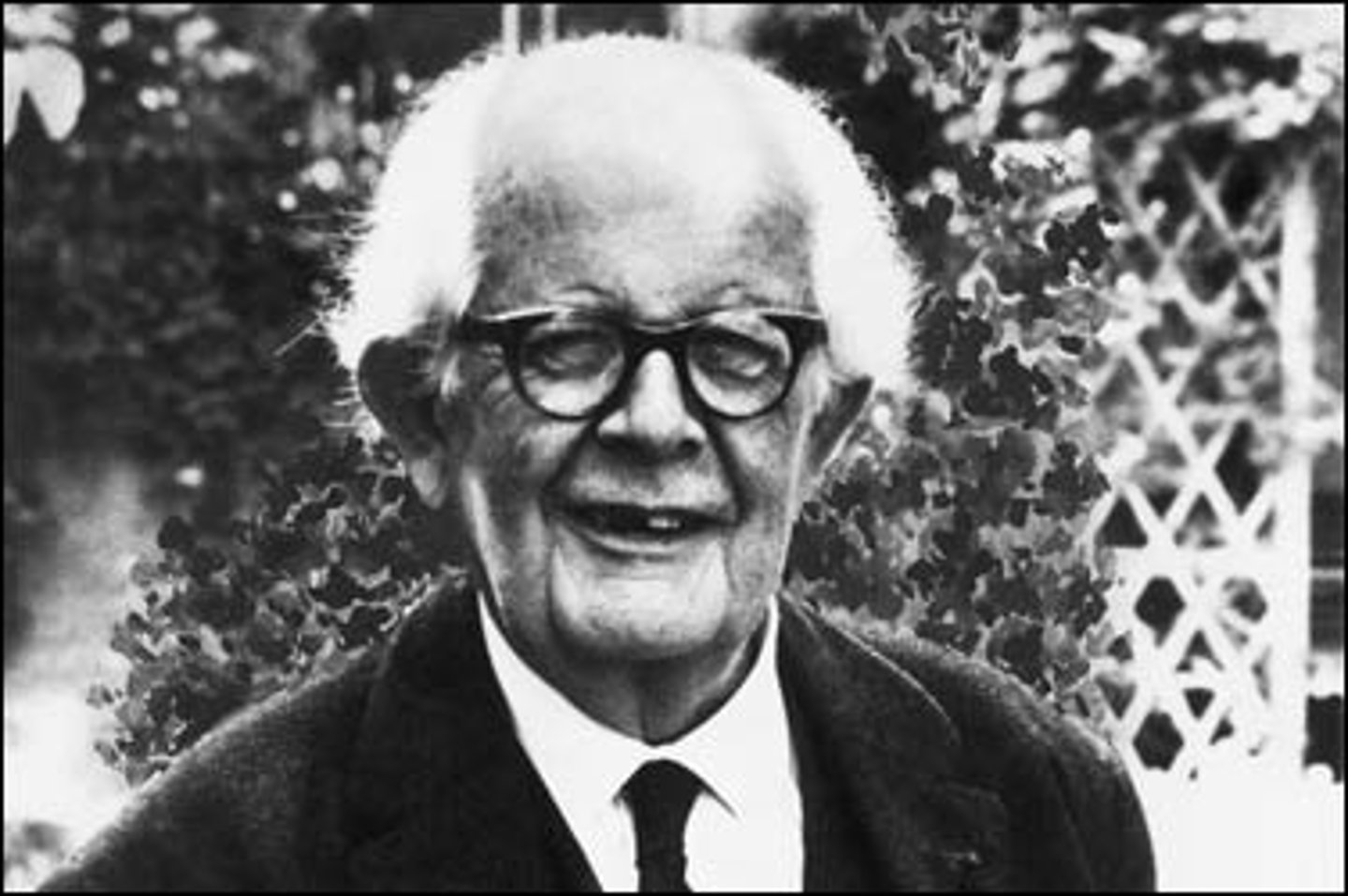
Carl Rogers
Developed "client-centered" therapy
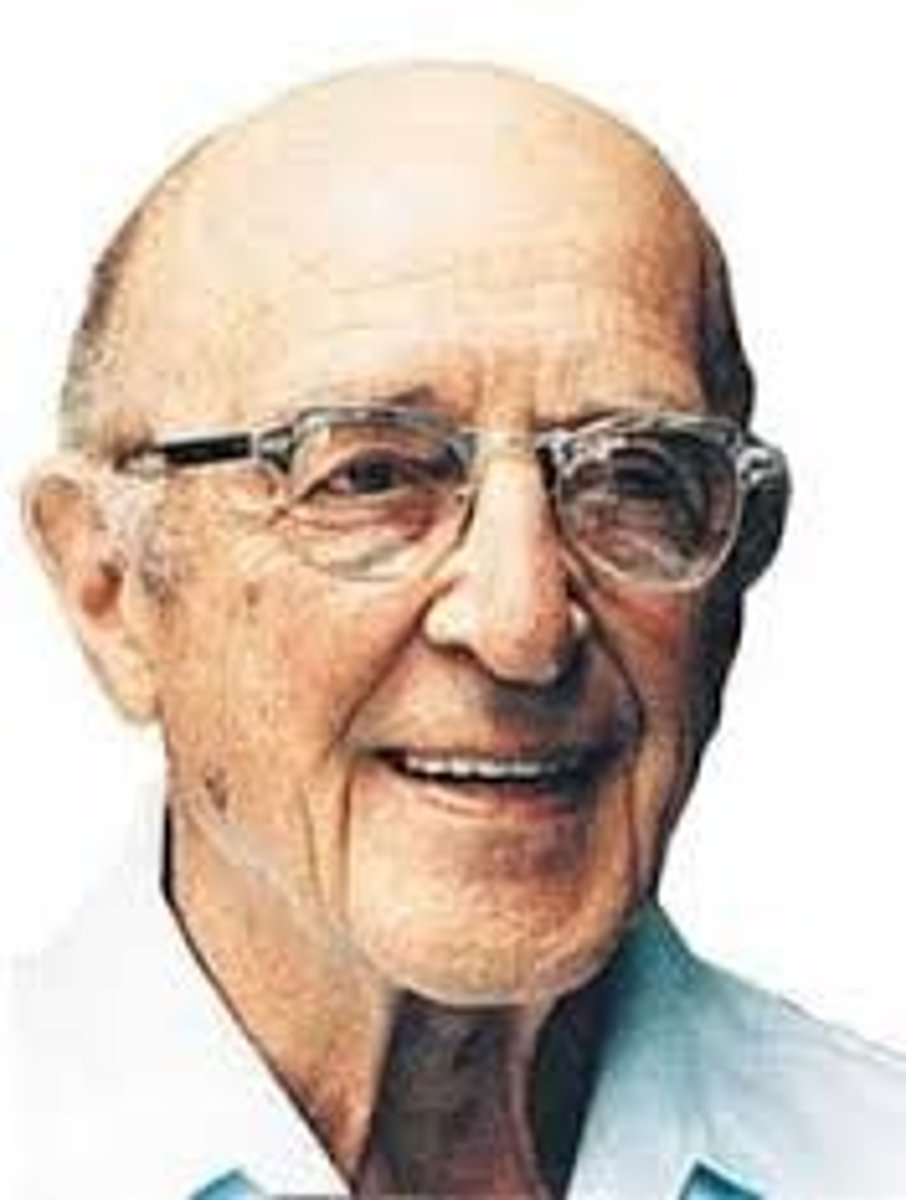
Stanley Schachter
Developed "Two-Factor" theory of emotion; experiments on spillover effect
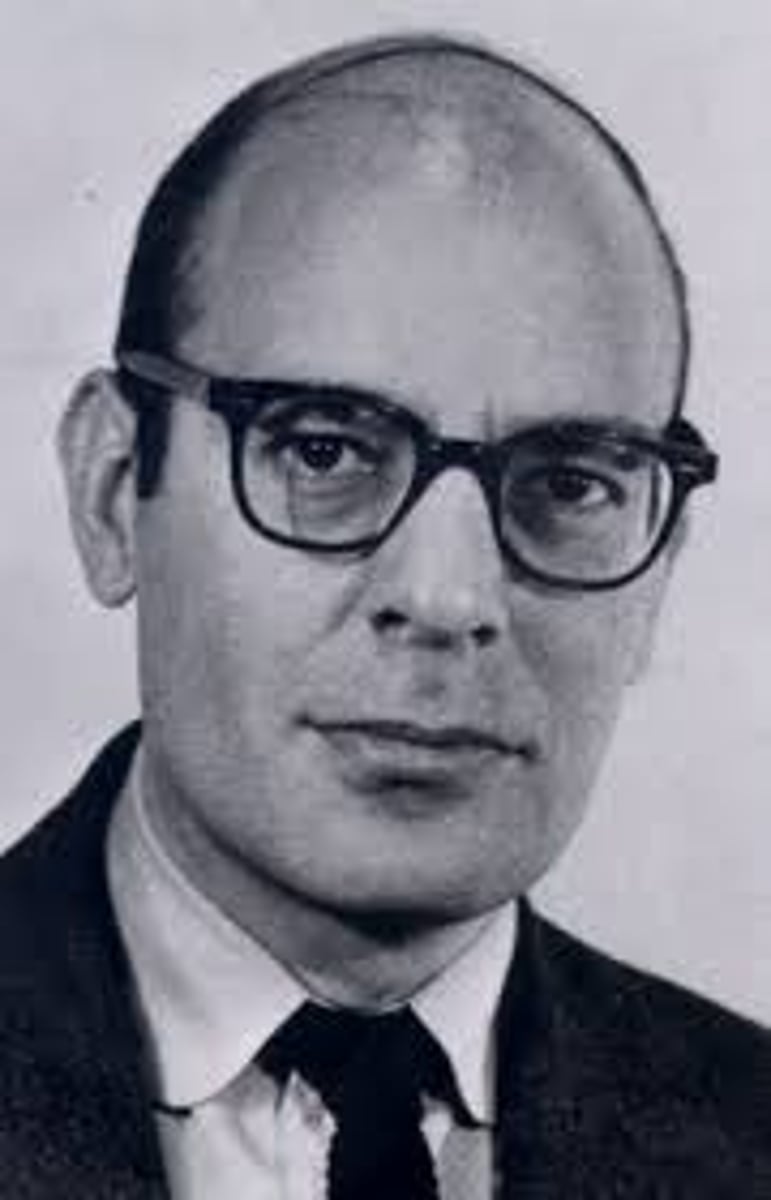
B.F. Skinner
Described process of operant conditioning
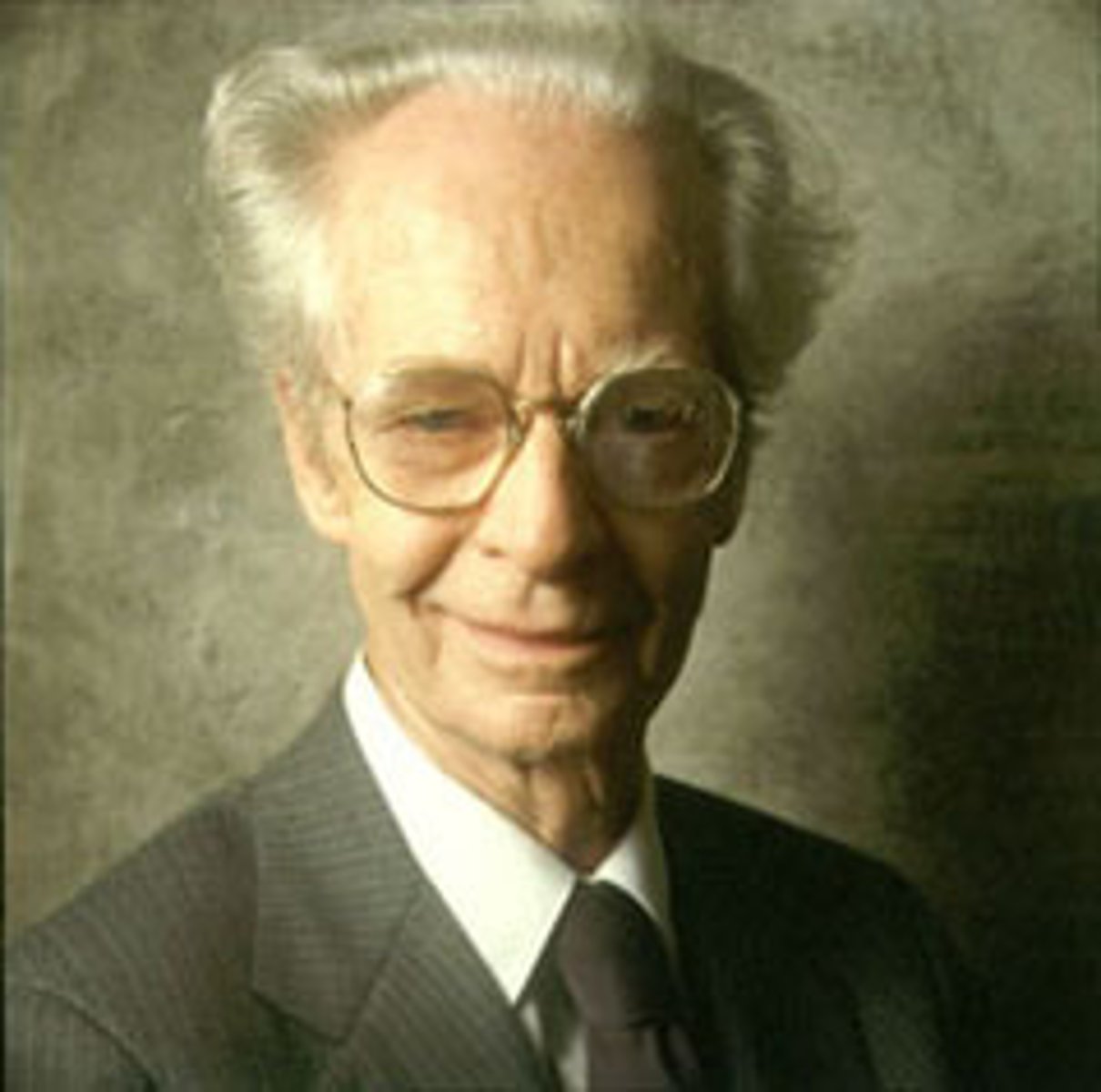
Edward Thorndike
Famous for "law of effect" and research on cats in "puzzle boxes"
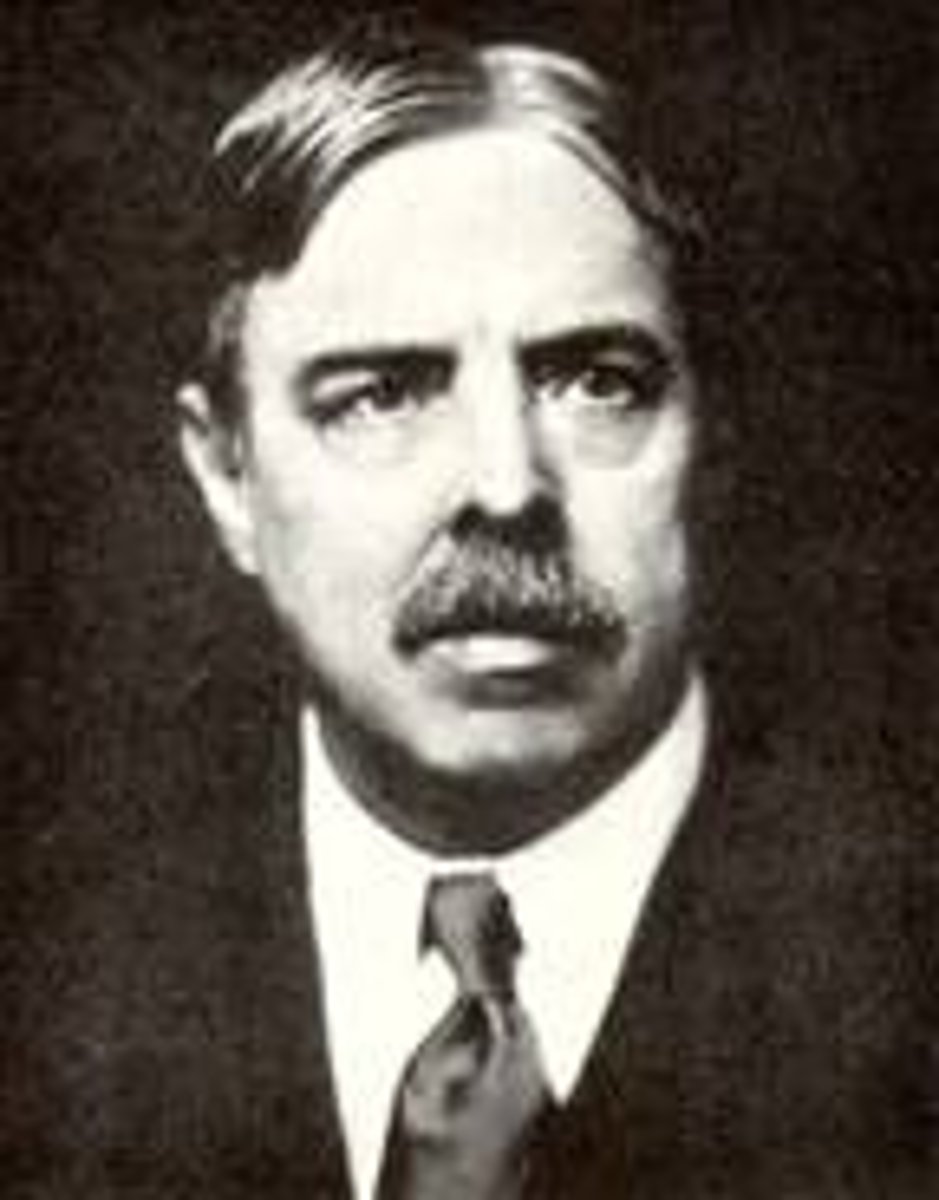
John Watson
Early behaviorist; famous for the "Little Albert" experiments on fear conditioning
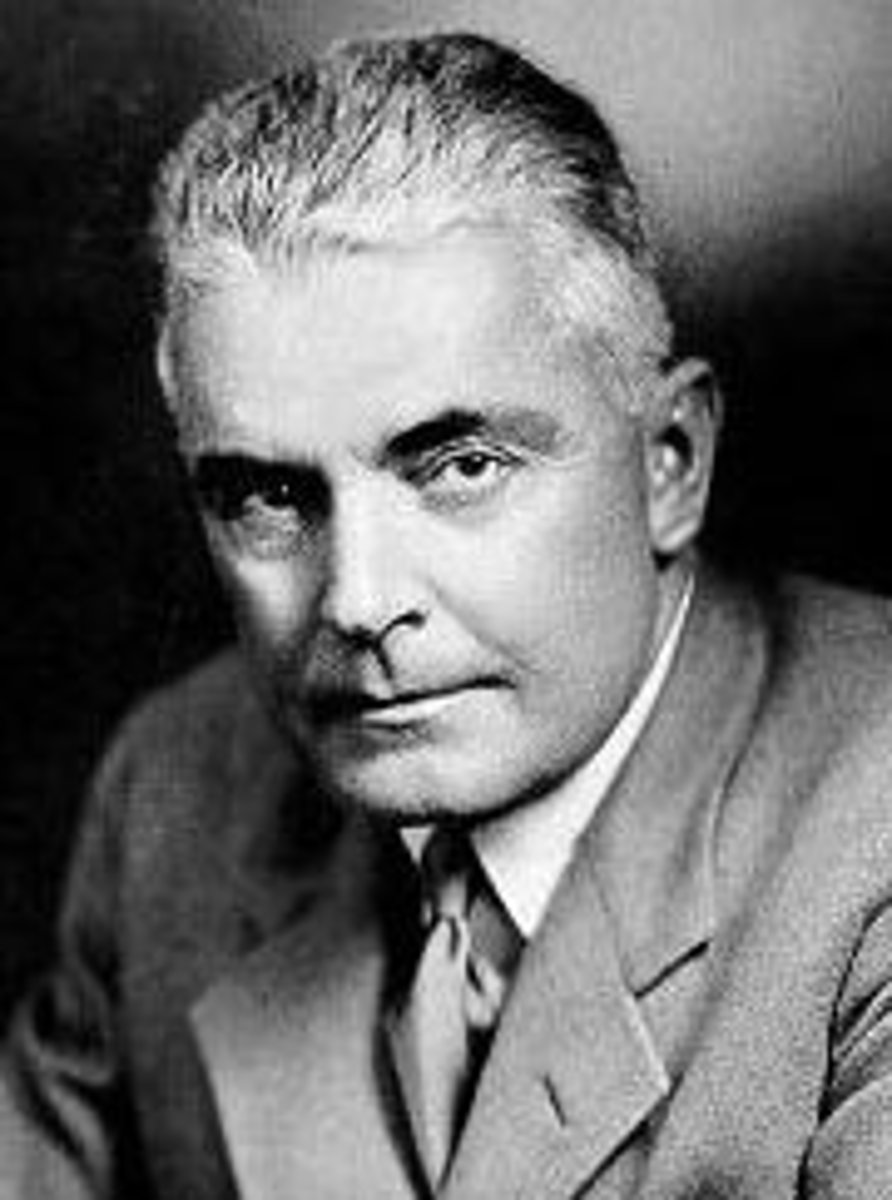
Benjamin Lee Whorf
Famous for describing concept of "liguistic determinism"
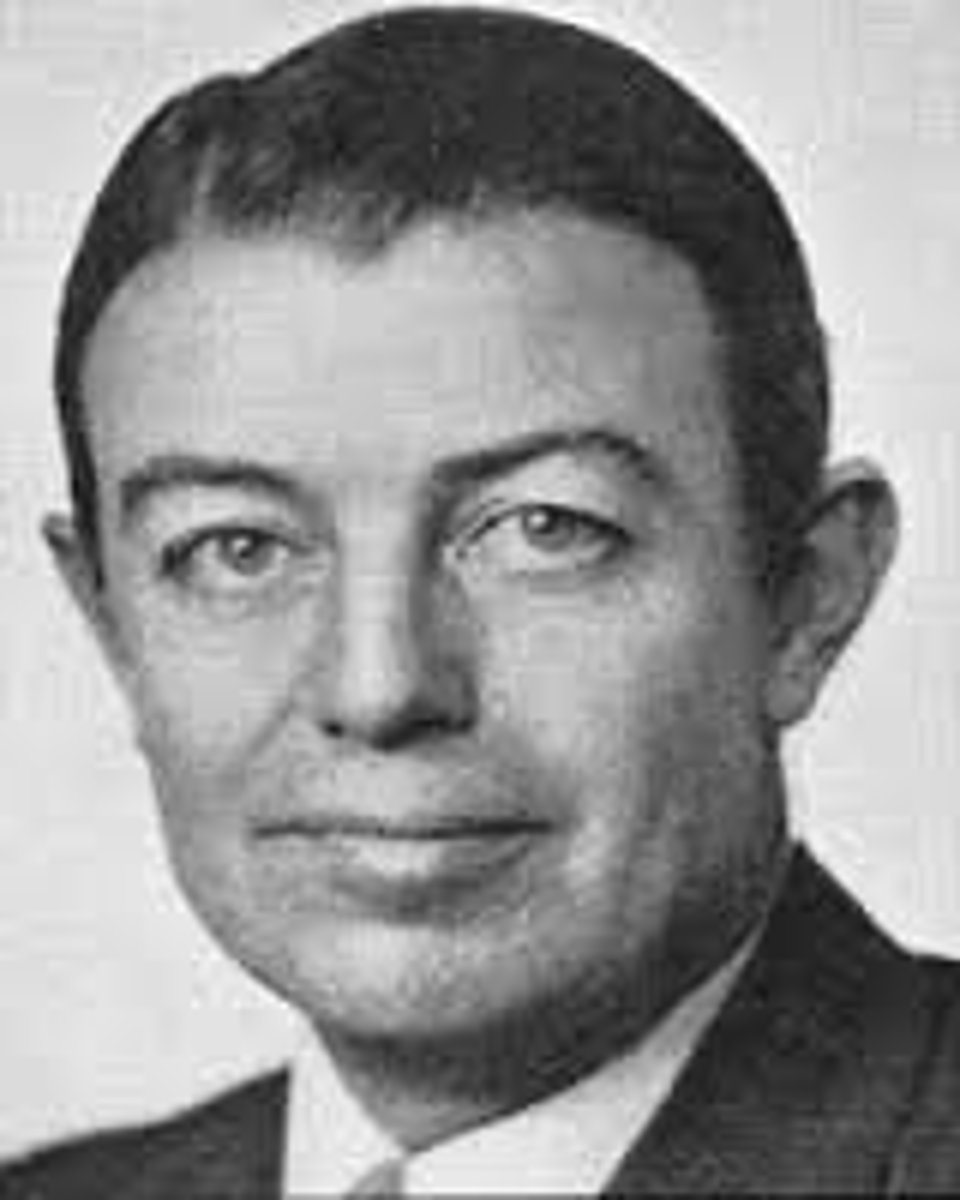
William Wundt
Conducted first psychology experiments in first psych laboratory
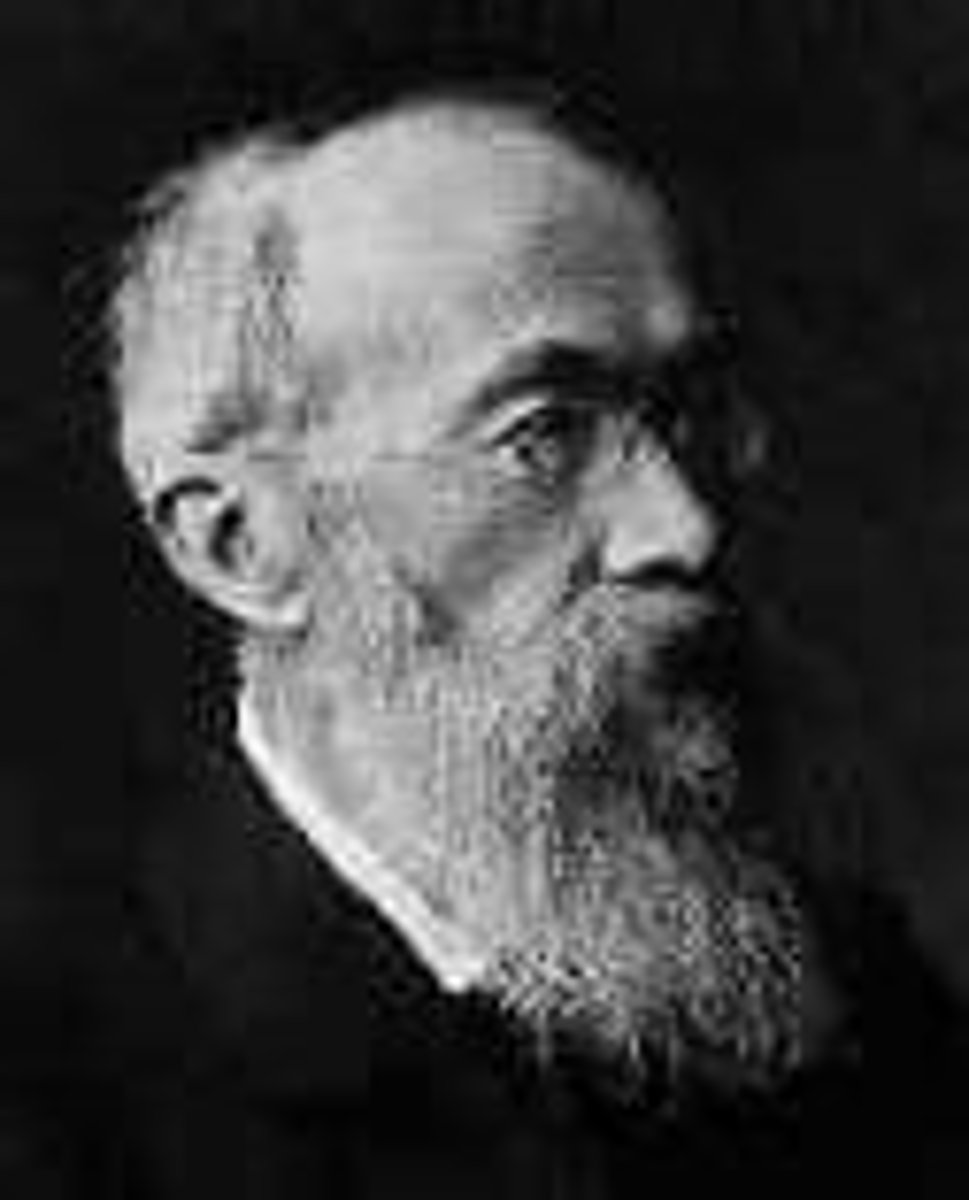
Philip Zimbardo
Conducted Stanford Prison experiment
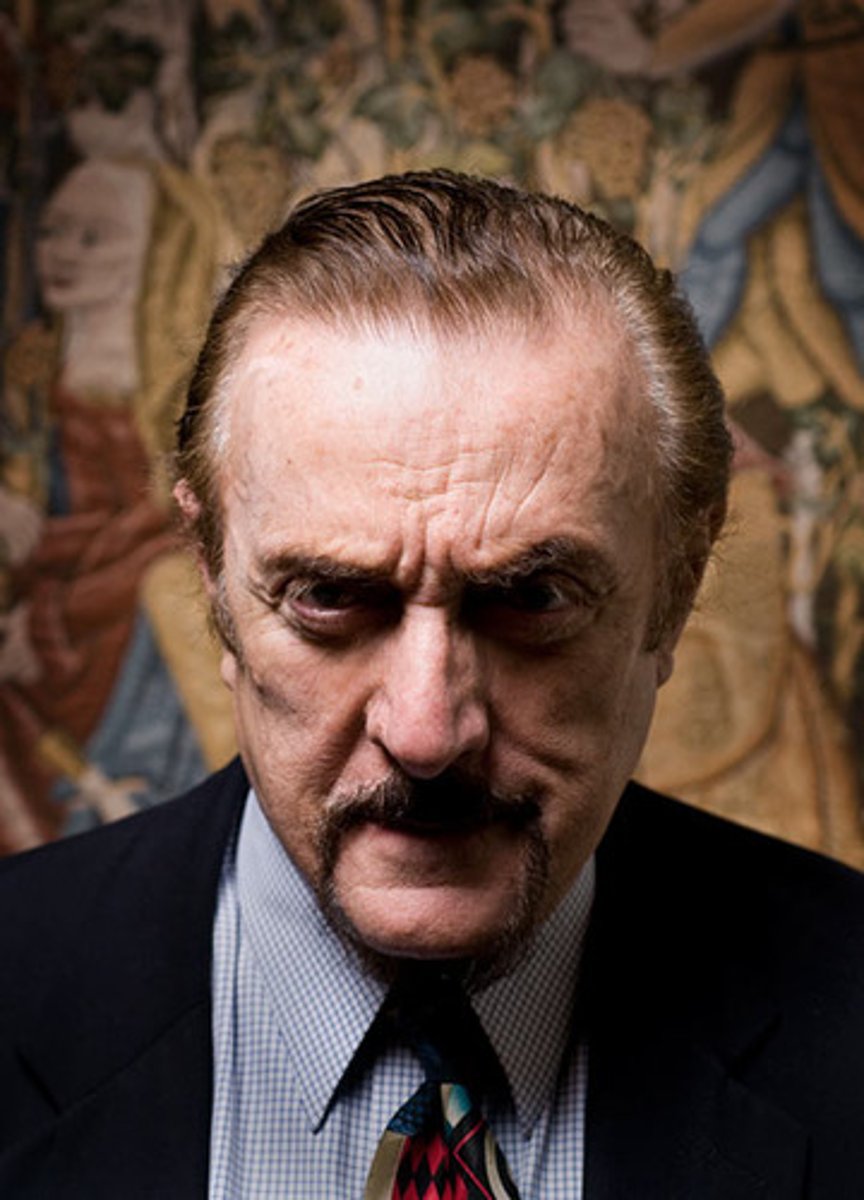
Hans Selye
Described General Adaptation Syndrome (GAS)
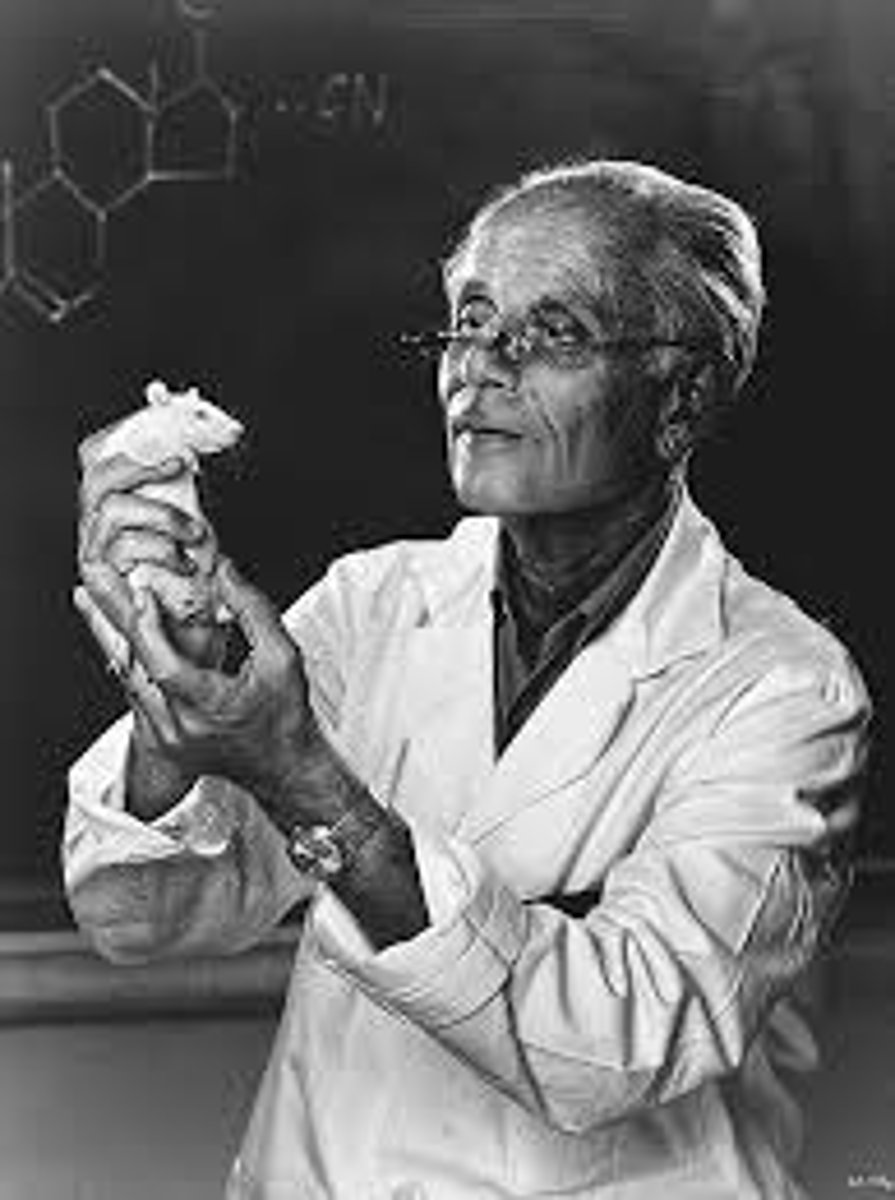
Karen Horney
Neo-Freudian; offered feminist critique of Freud's theory
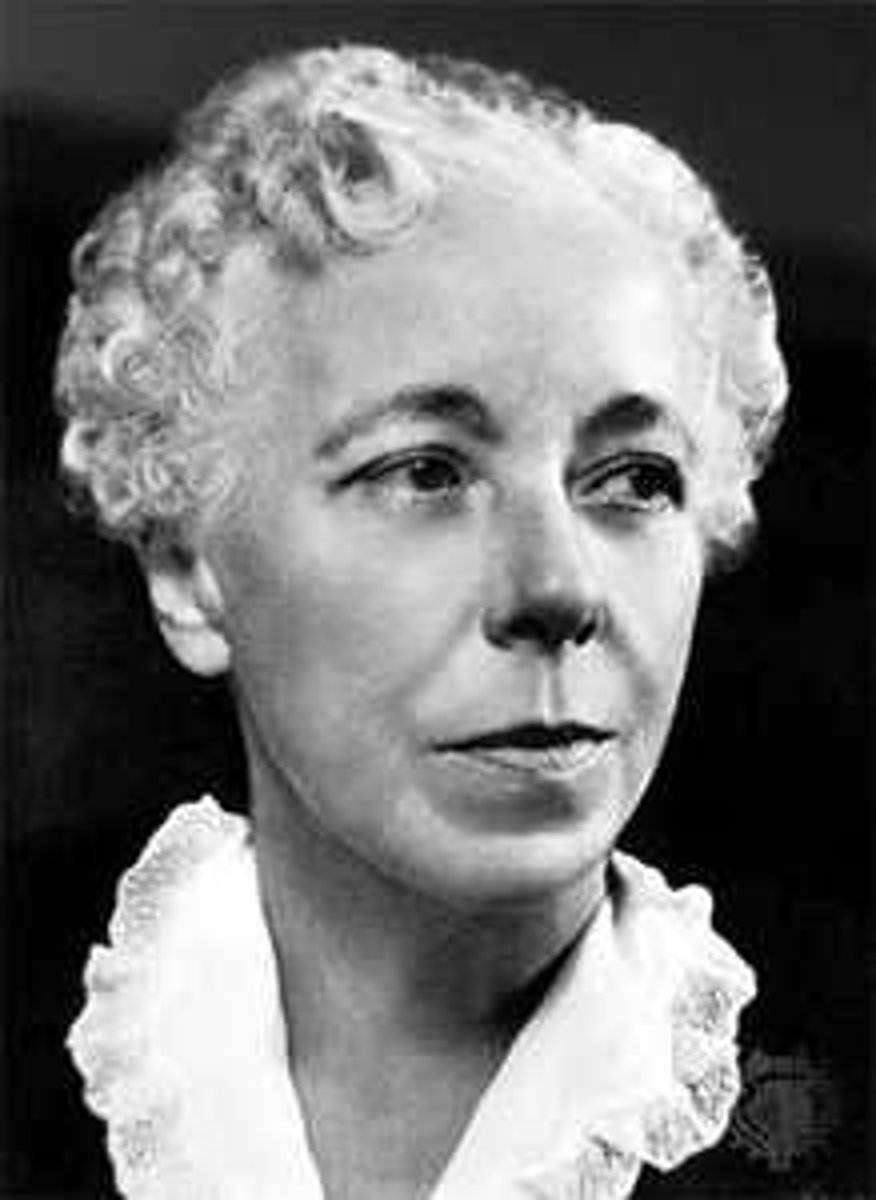
Alfred Adler
Neo-Freudian; introduced concept of "inferiority complex" and stressed the importance of birth order
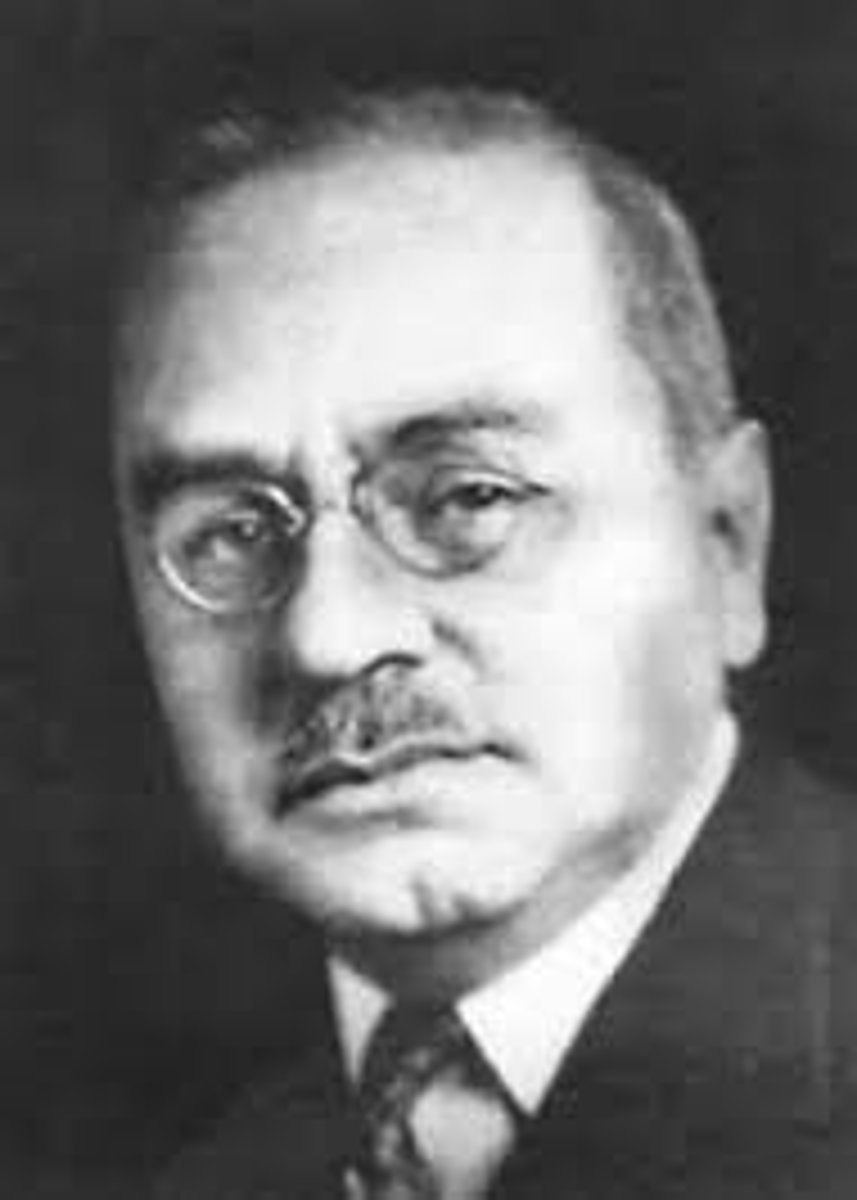
Aaron Beck
Developed cognitive-behavior therapy, created a "depression inventory" test
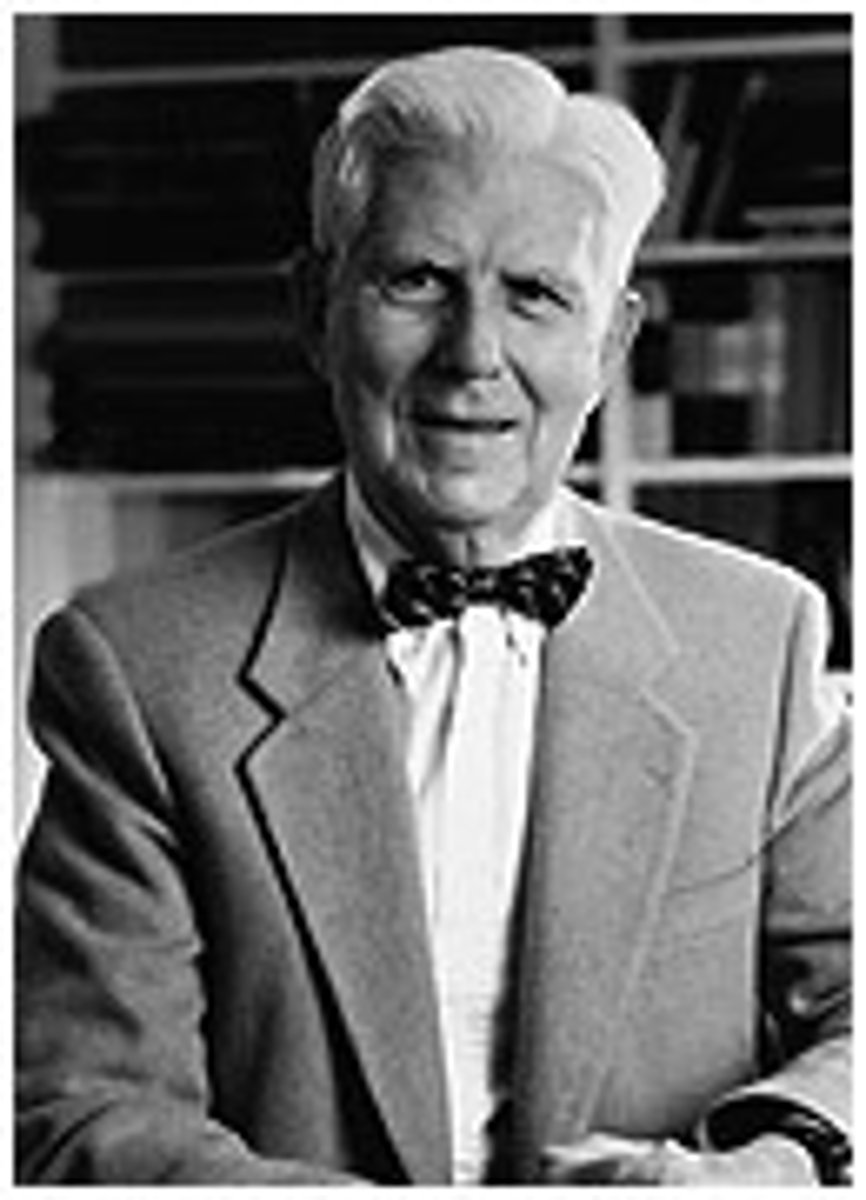
Phineas Gage
his survival of a horrible industrial accident taught us about the role of the frontal lobes (okay, he's not really a psychologist...)
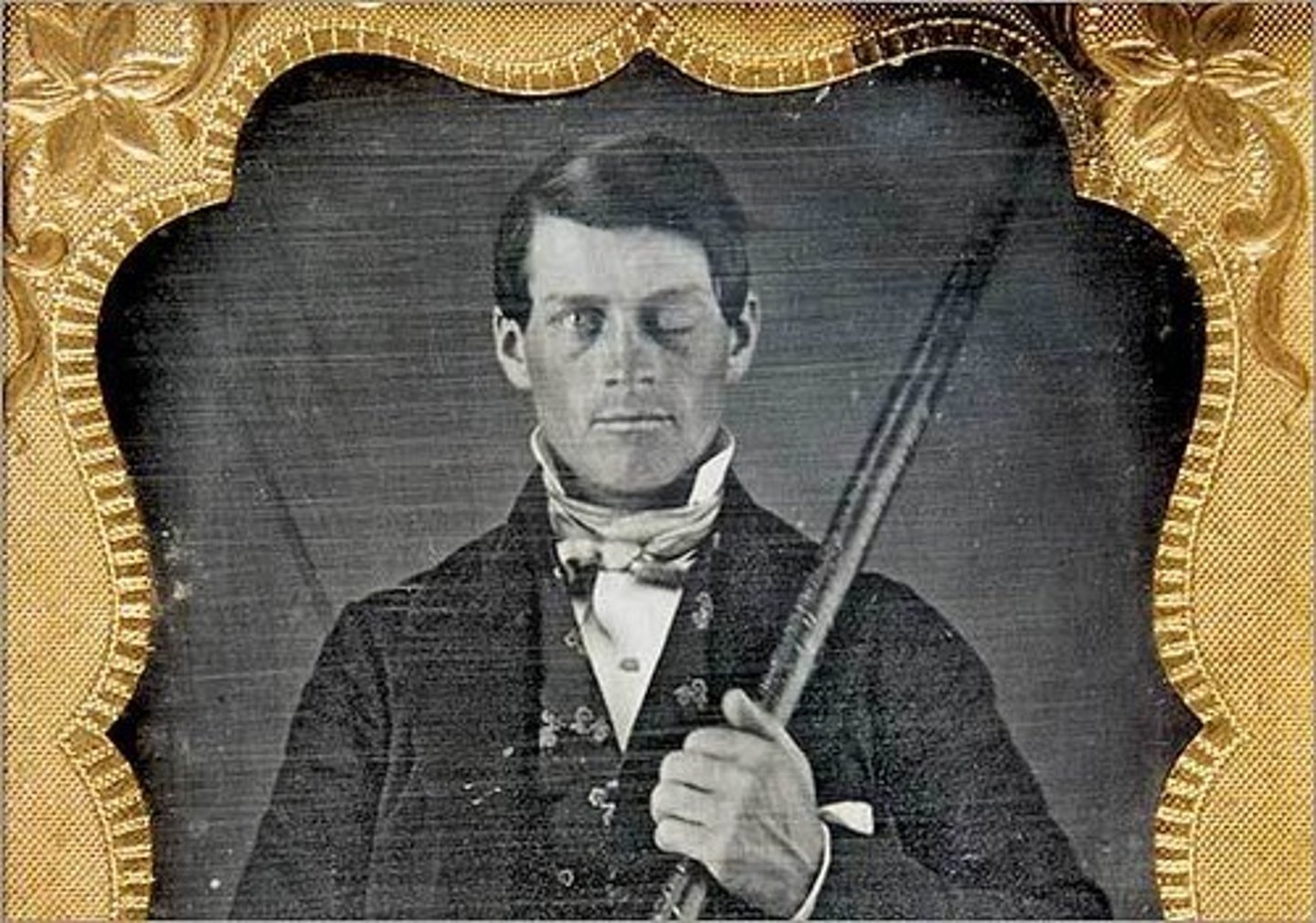
Mary Whiton Calkins
first female president of the APA (1905); a student of William James; denied the PhD she earned from Harvard because of her sex (later, posthumously, it was granted to her)
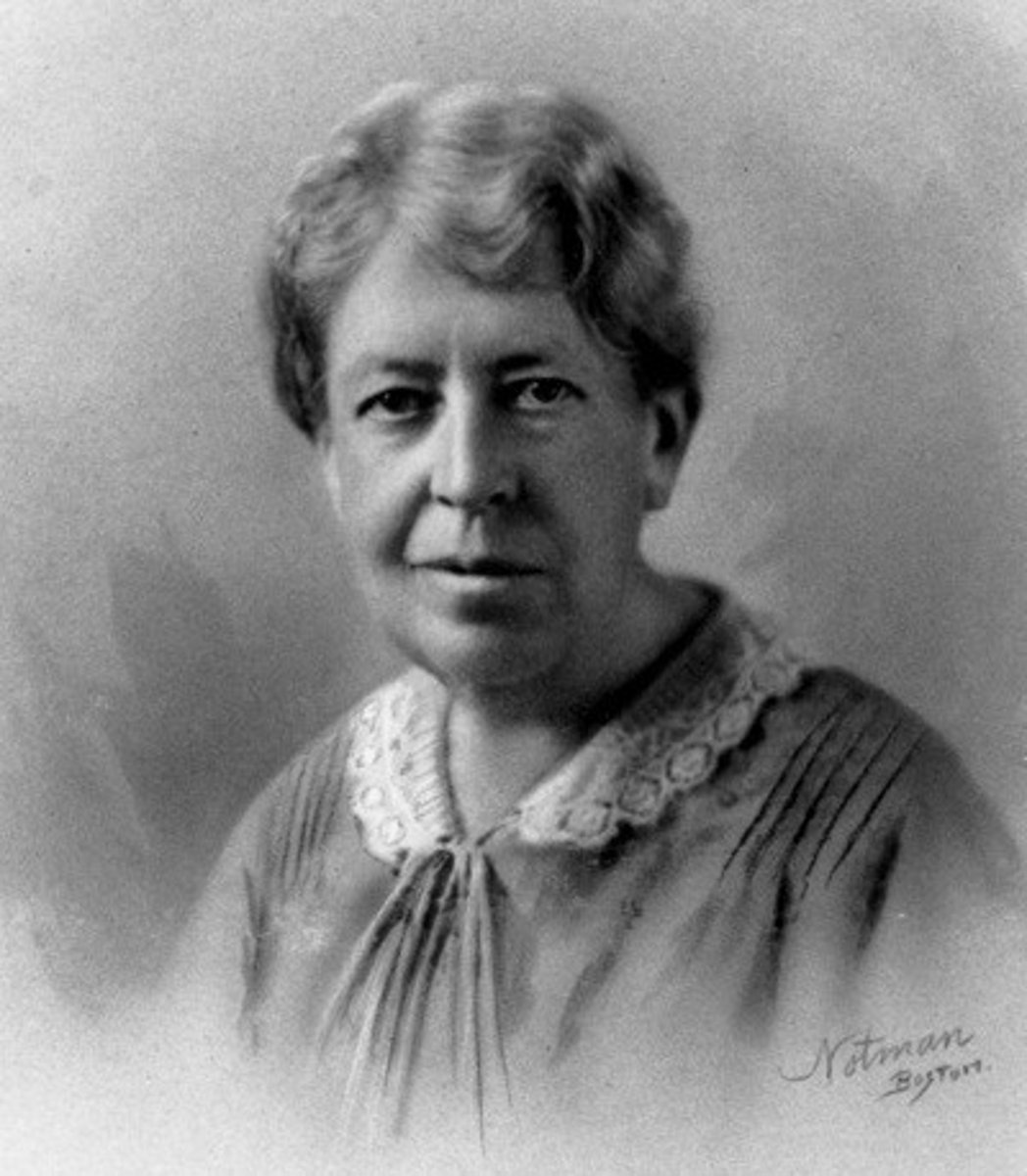
Charles Darwin
his idea, that the genetic composition of a species can be altered through natural selection, has had a lasting impact on psychology through the evolutionary perspective
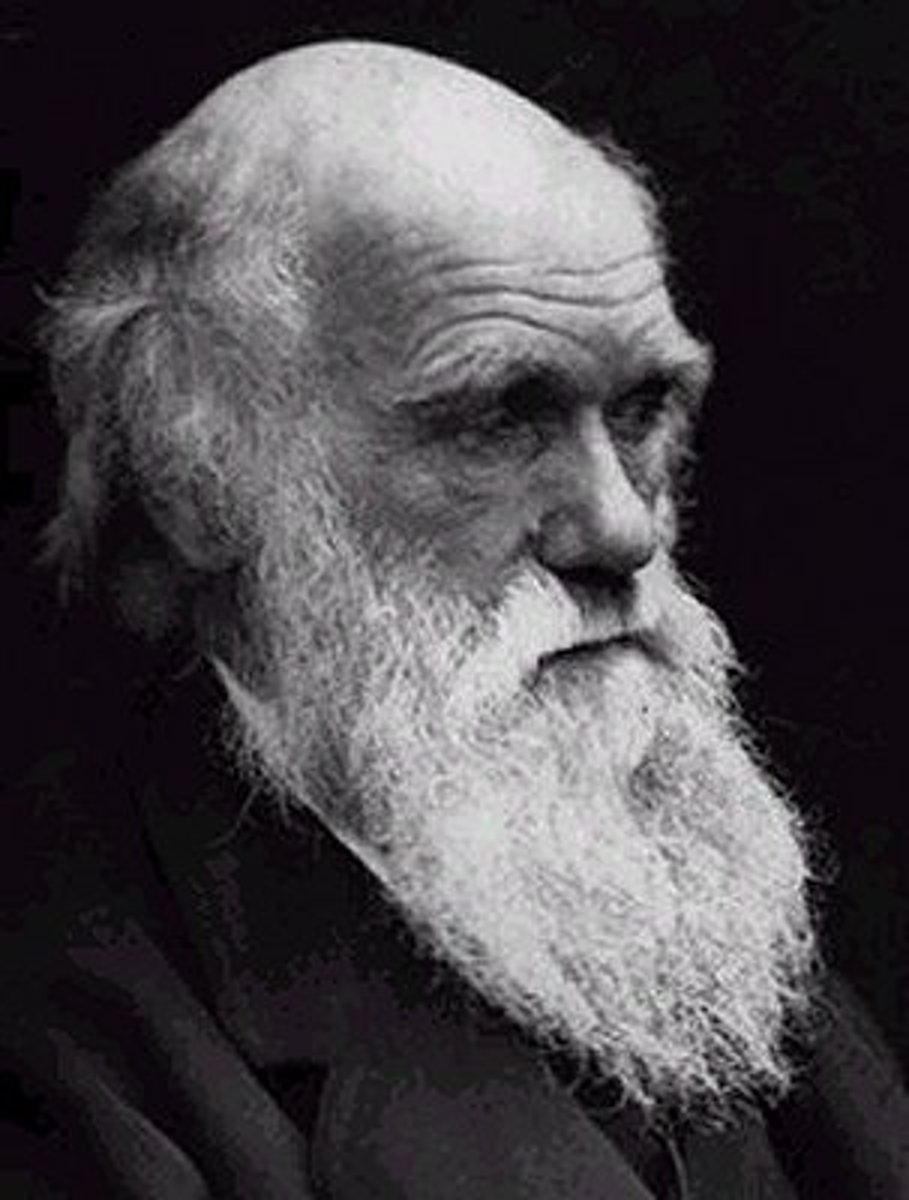
Paul Broca
the part of the brain responsible for coordinating muscles involved in speech was named for him, because he first identified it
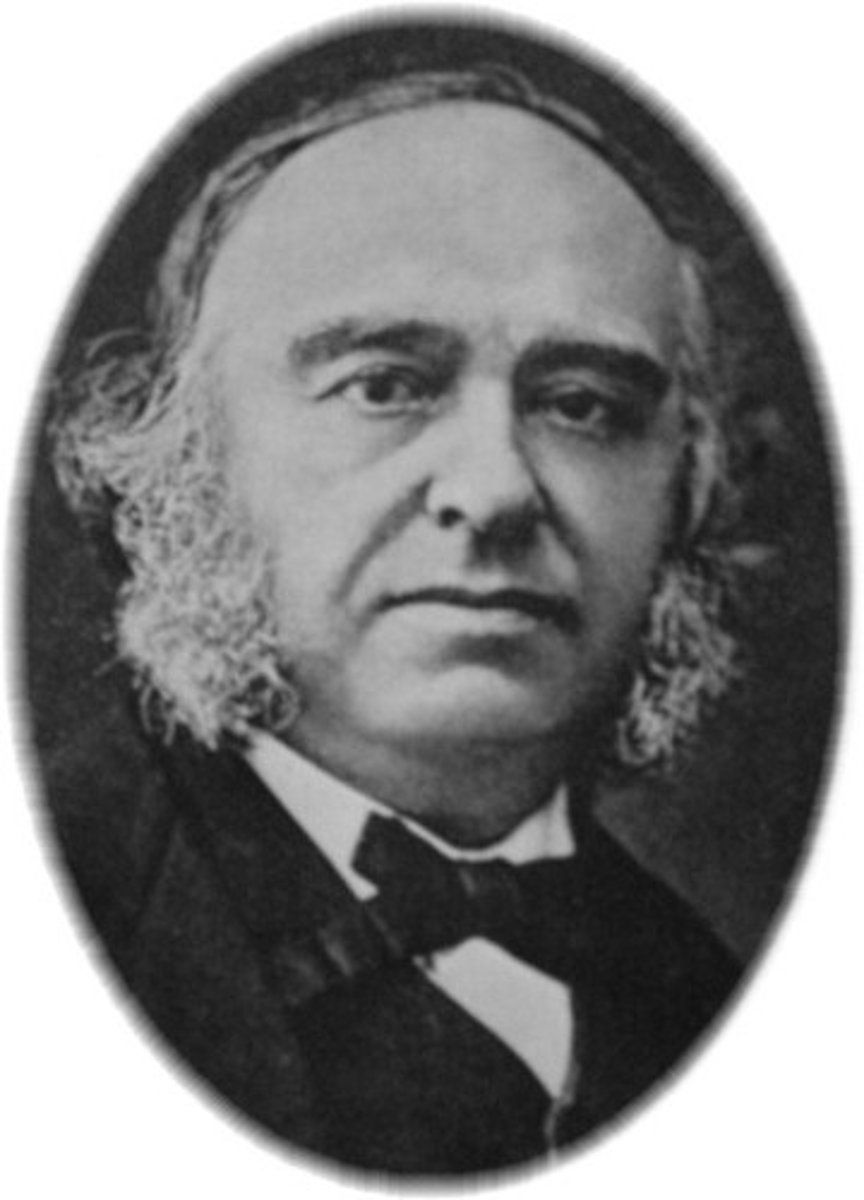
Carl Wernicke
an area of the brain (in the left temporal lobe) involved in language comprehension and expression was named for him because he discovered it
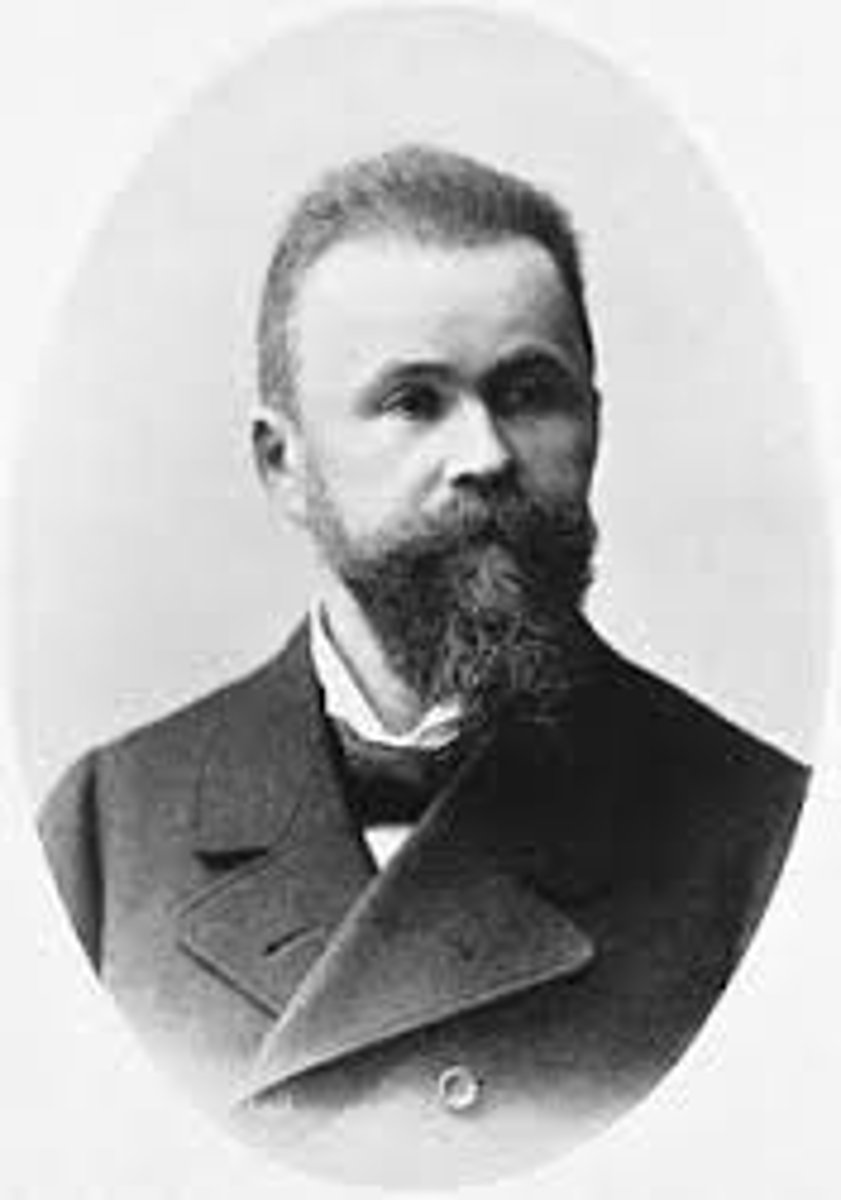
Michael Gazzaniga
Conducted the "HE-ART" experiments with split brain patients
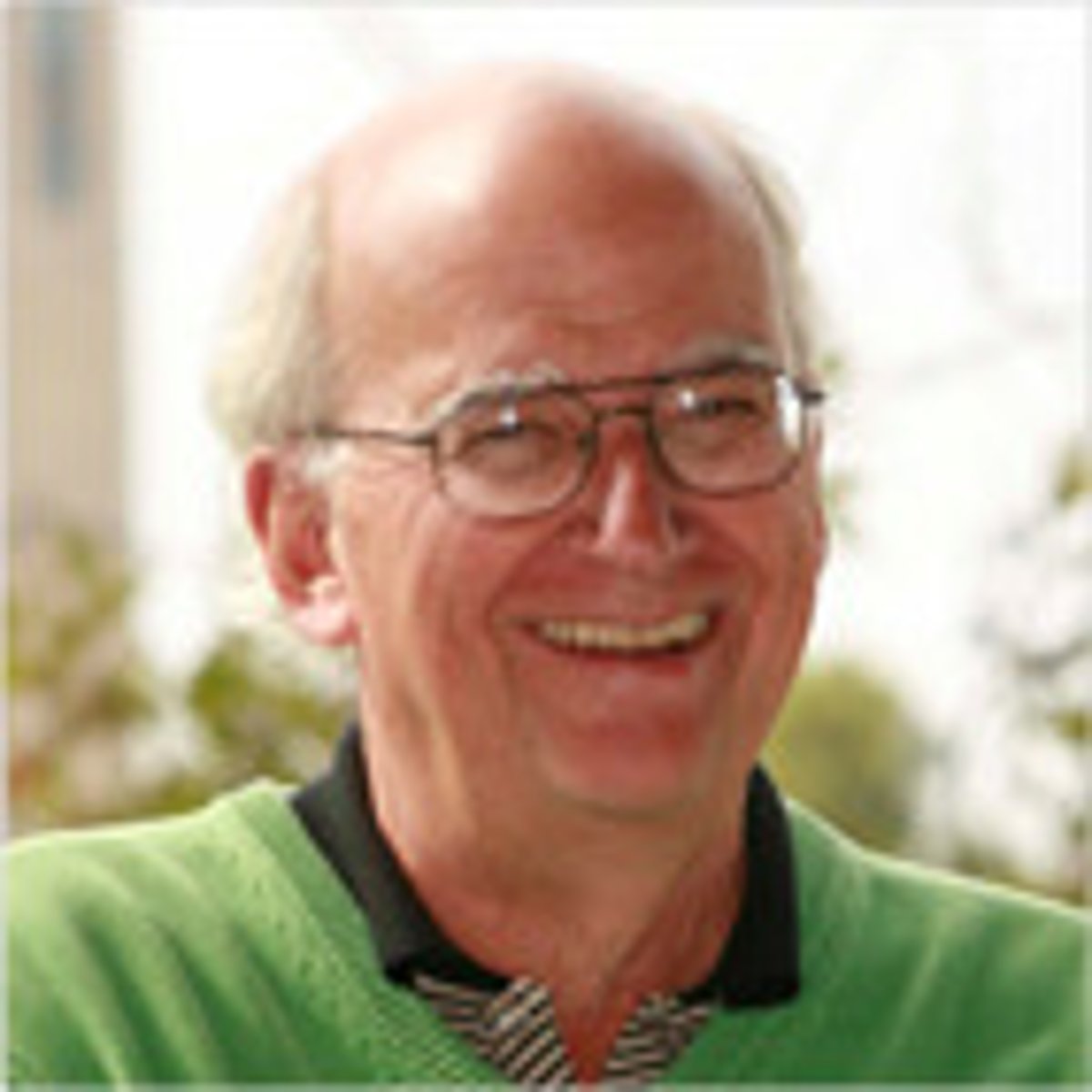
Ernst Weber
best known for "________'s Law" (last name), the notion that the JND magnitude is proportional to the stimulus magnitude
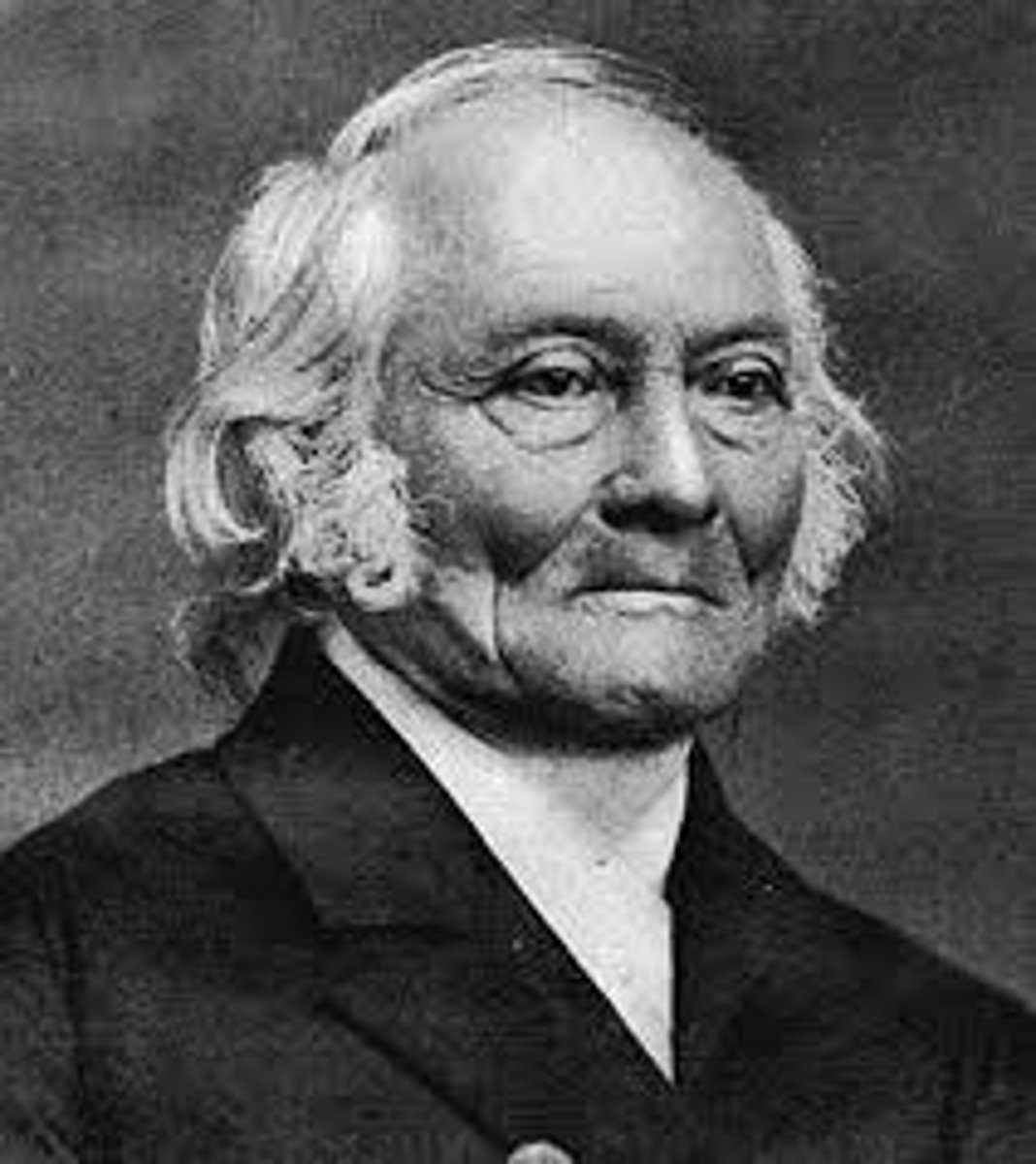
Robert Rescorla
researched classical conditioning; found subjects learn the predictability of an event through trials (cognitive element)
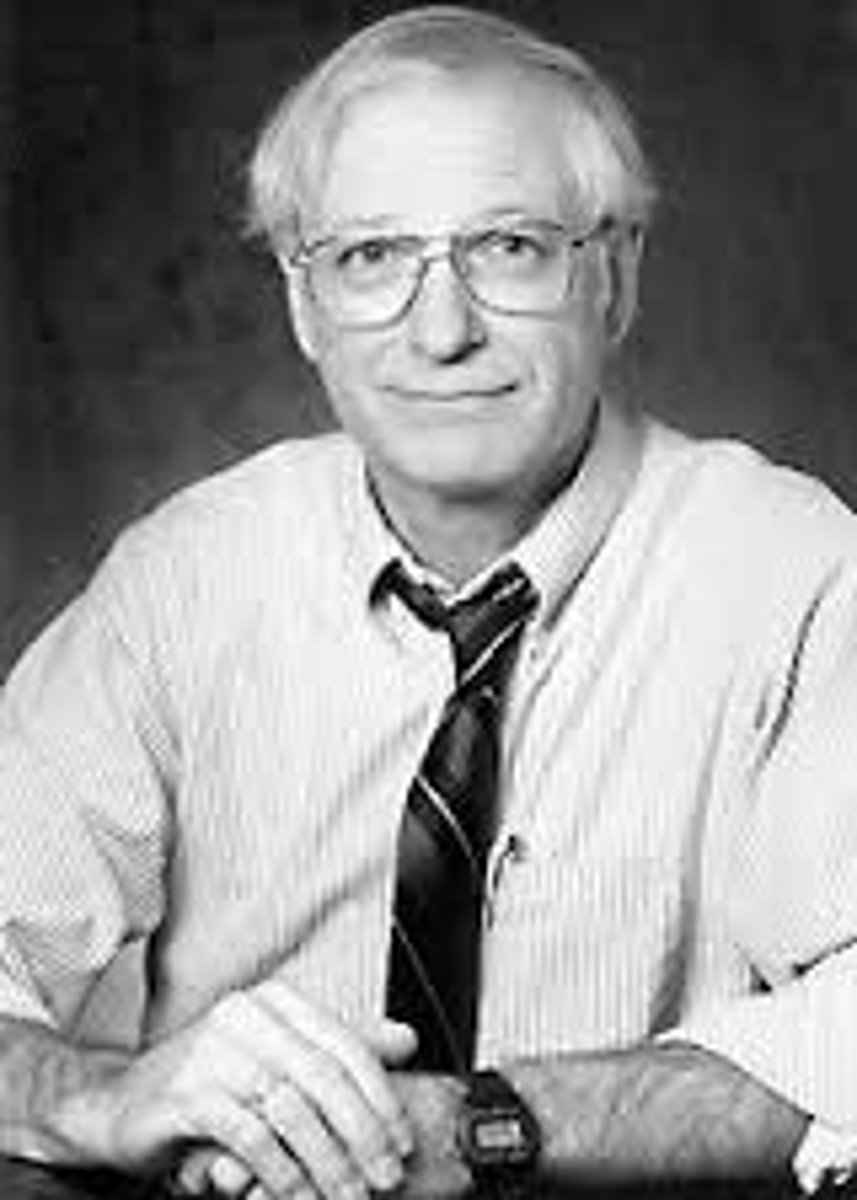
Edward Tolman
researched rats' use of "cognitive maps"
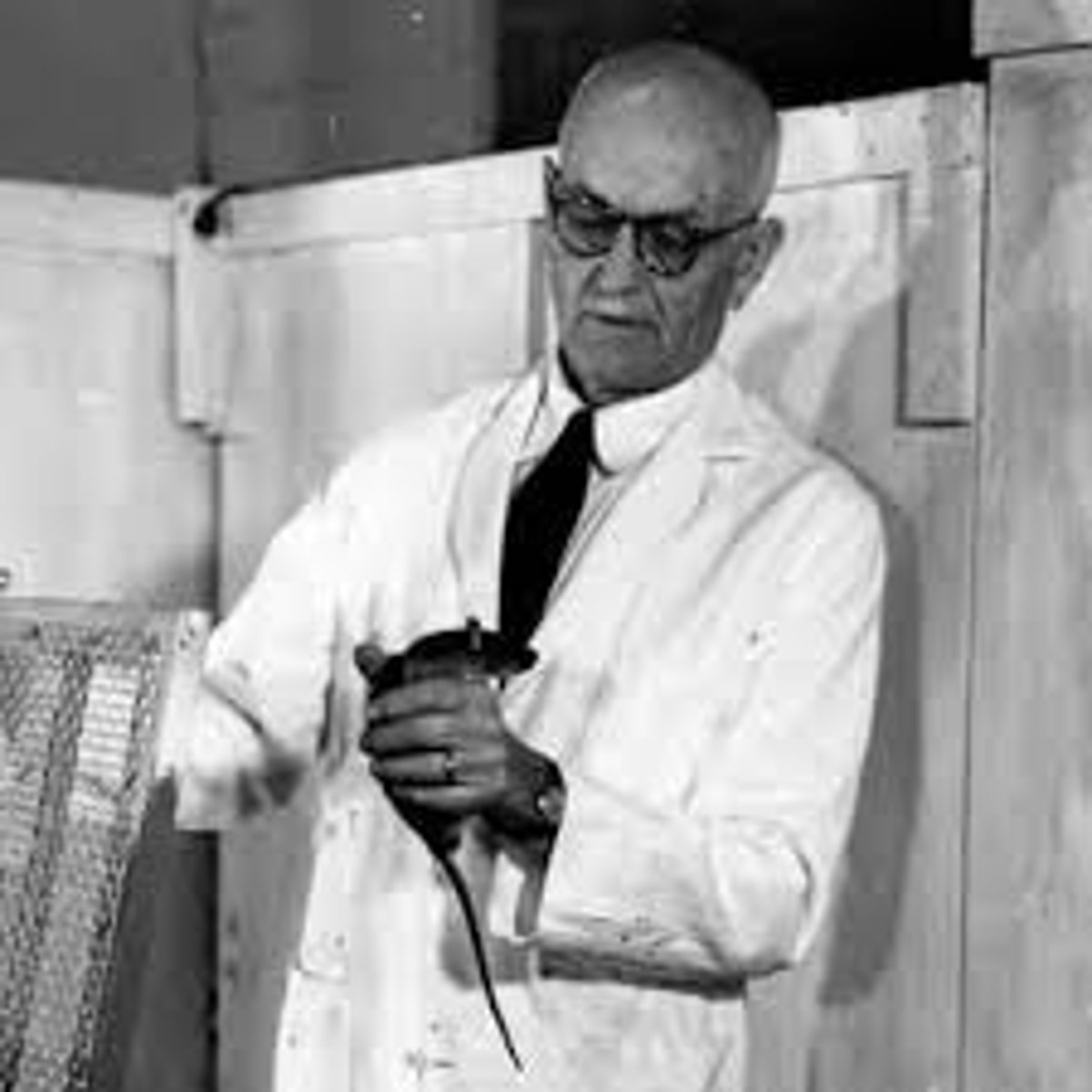
Wolfgang Kohler
considered to be the founder of Gestalt Psychology
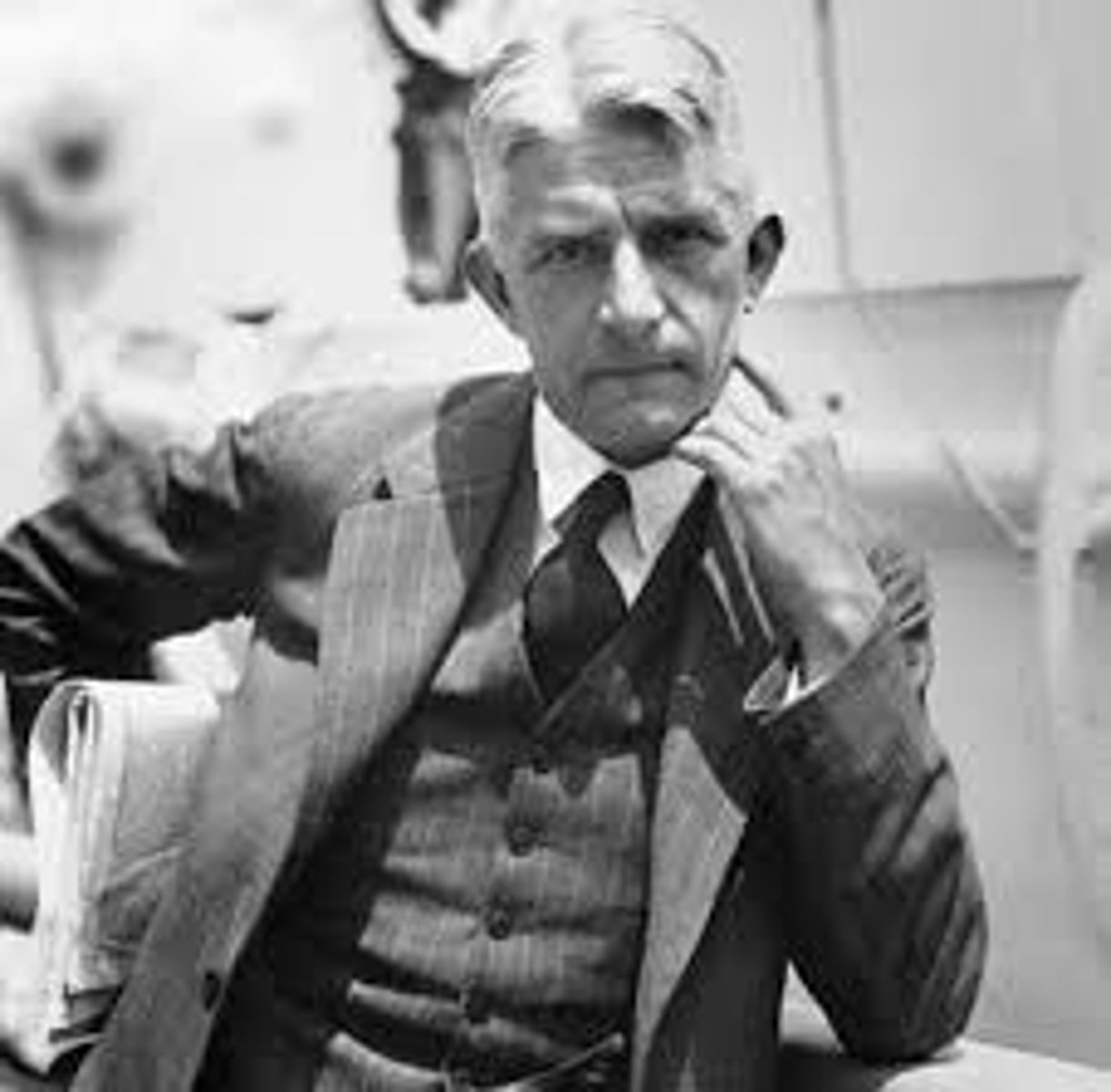
Alfred Kinsey
his research described human sexual behavior and was controversial (for its methodology & findings)
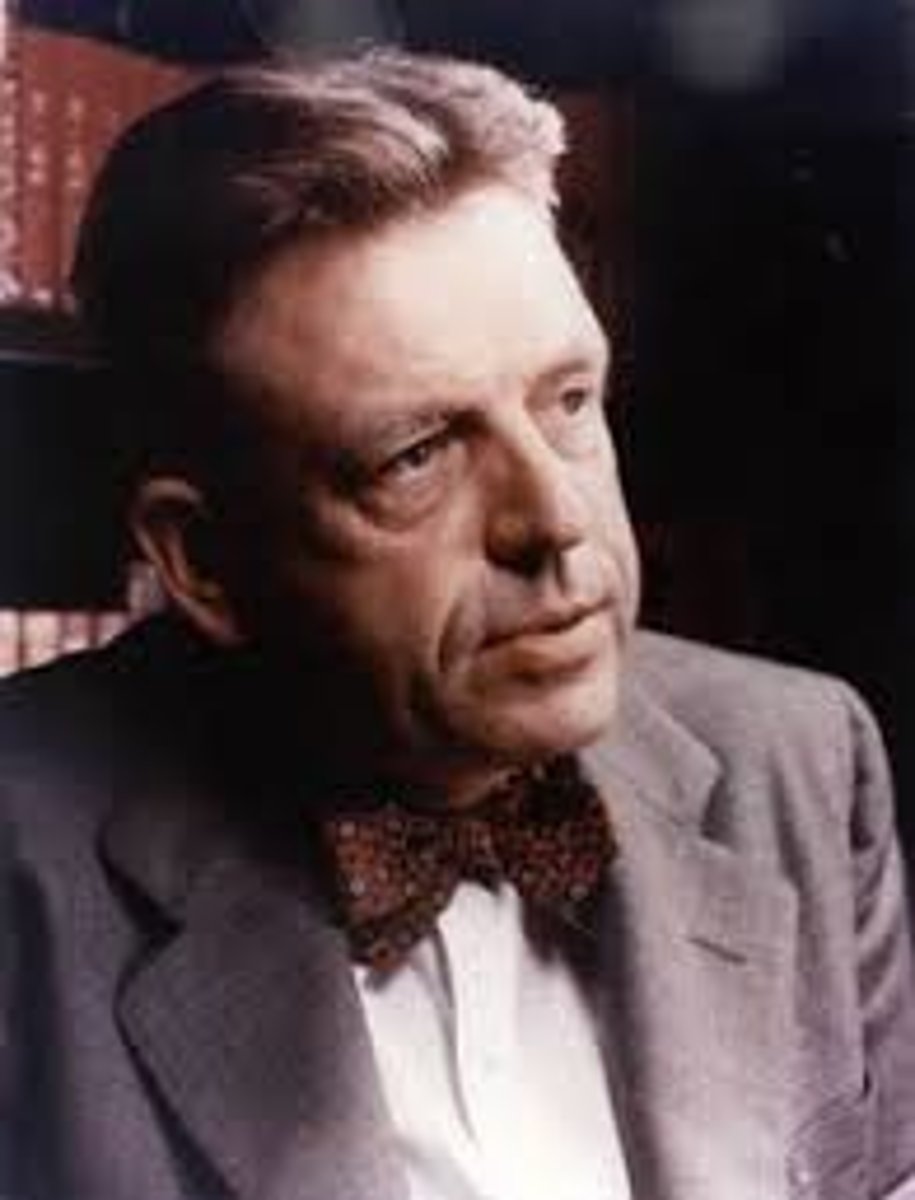
Lev Vygotsky
founder of "Social Development Theory" (note: not "social learning theory" OR "psychosocial" development...); emphasizes importace of More Knowledge Others (MKO) and the Zone of Proximal Development
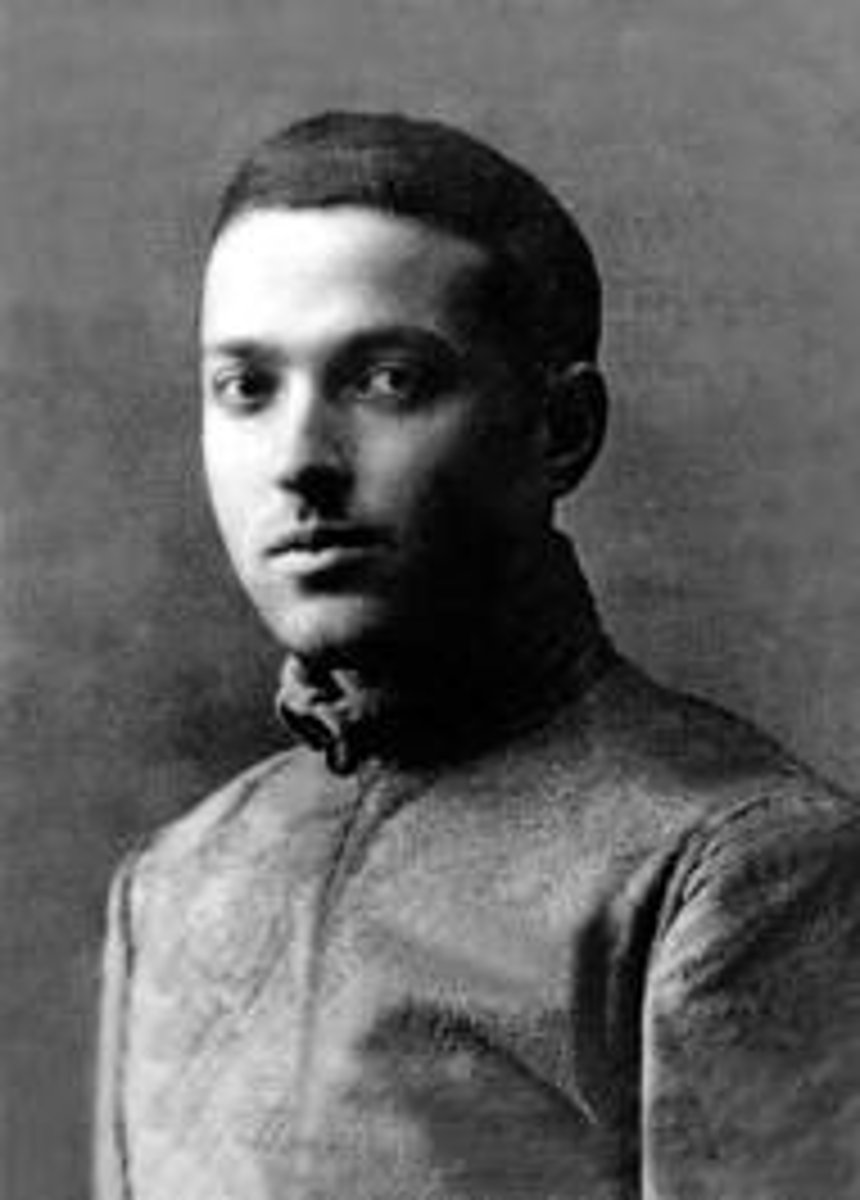
Carl Jung
neo-Freudian who created concept of "collective unconscious" and wrote books on dream interpretation
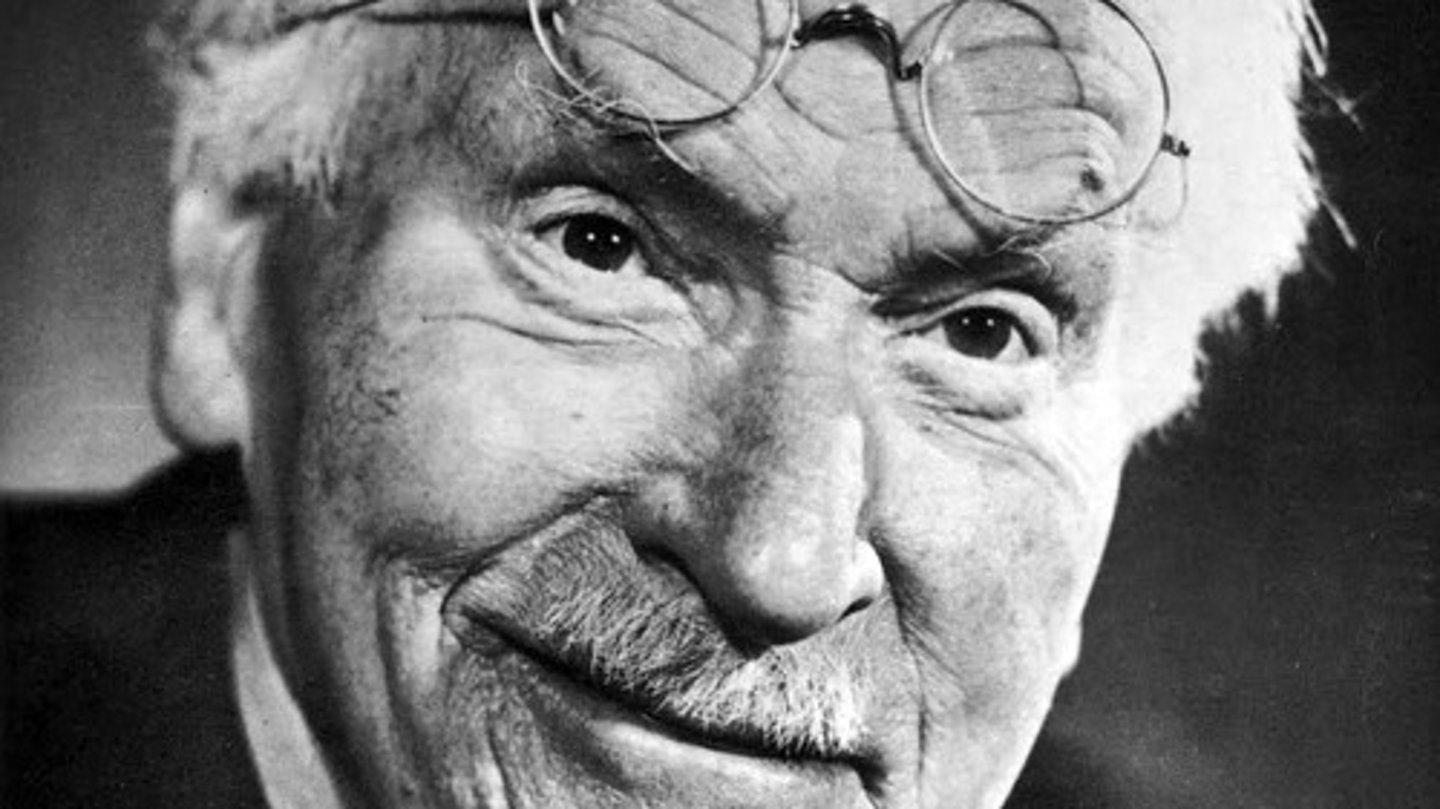
Howard Gardner
best known for his theory of "multiple intelligences"
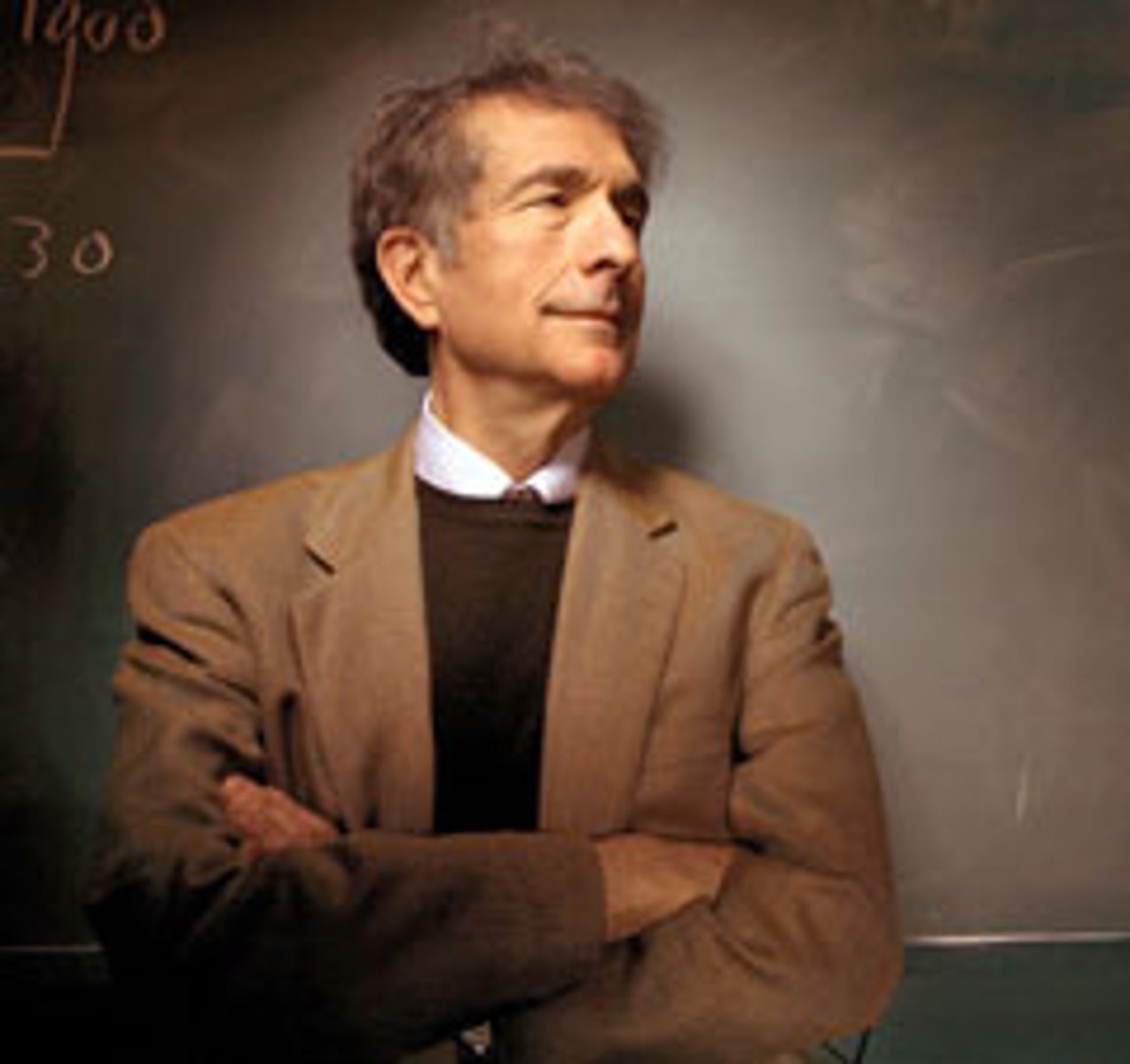
Charles Spearman
creator of "g-factor", or general intelligence, concept
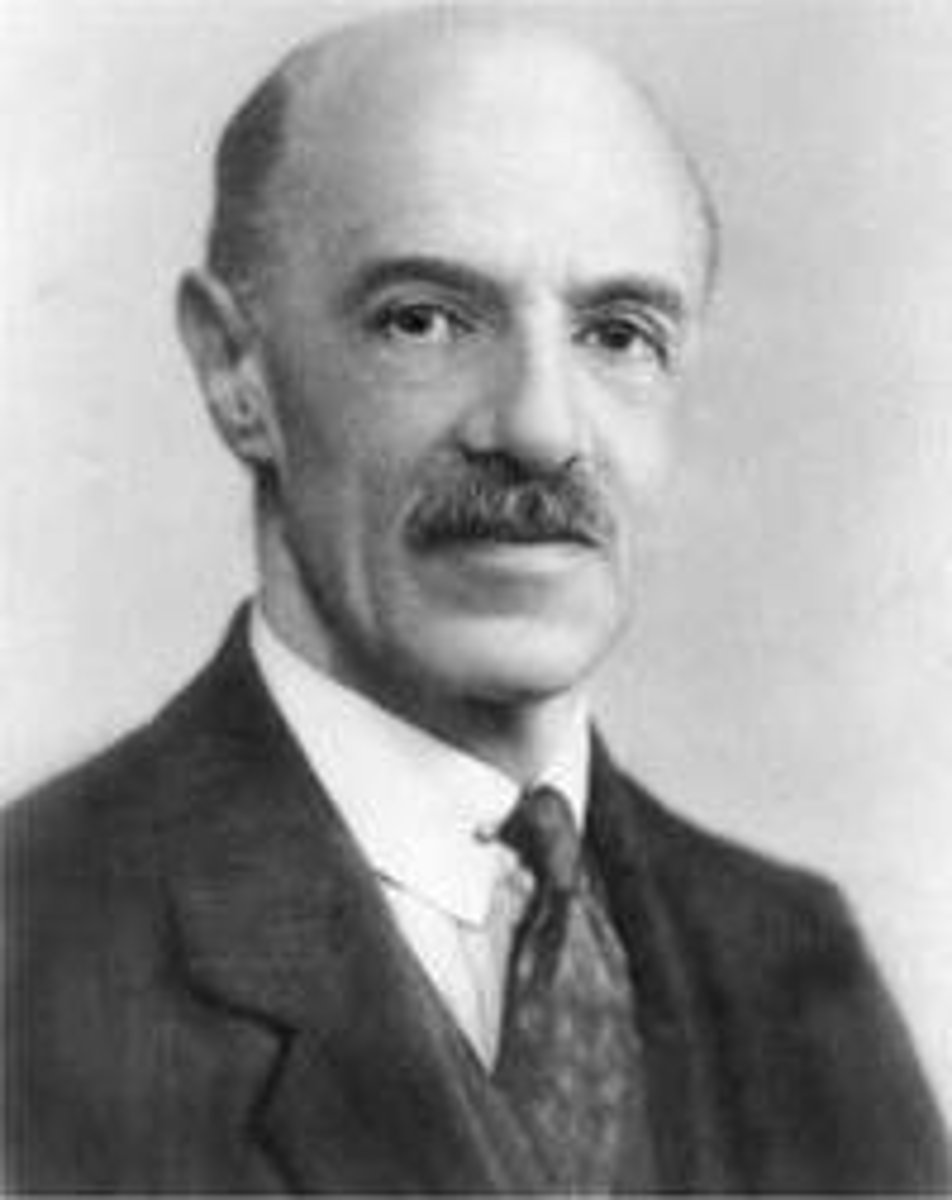
Robert Sternberg
creator of "successful intelligence" theory (3 types)
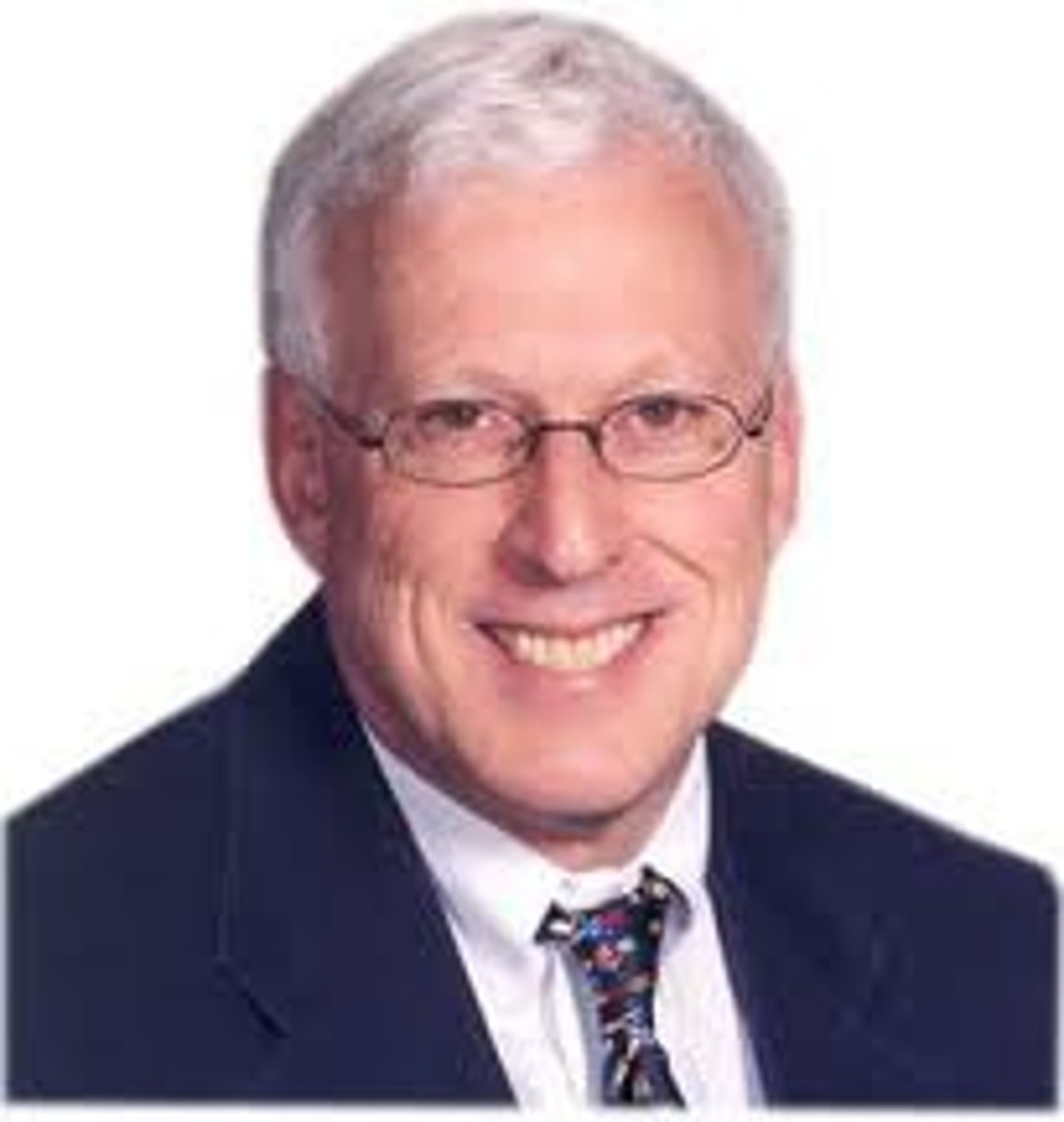
Lewis Terman
advocate of intelligence testing in US; developed Standford-Binet test and oversaw army's use of intelligence testing during WWI
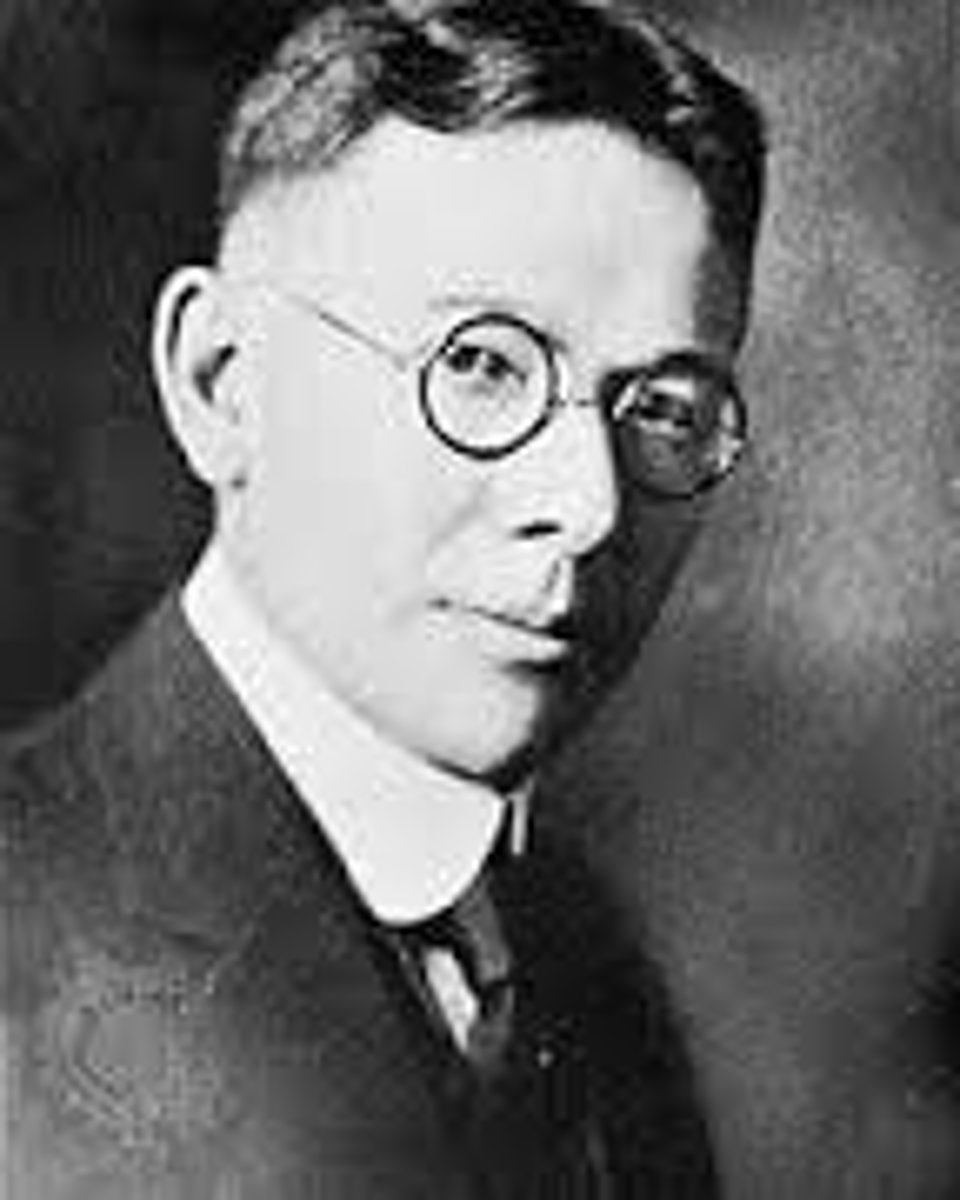
David Weschler
Developer of WAIS and WISC intelligence tests
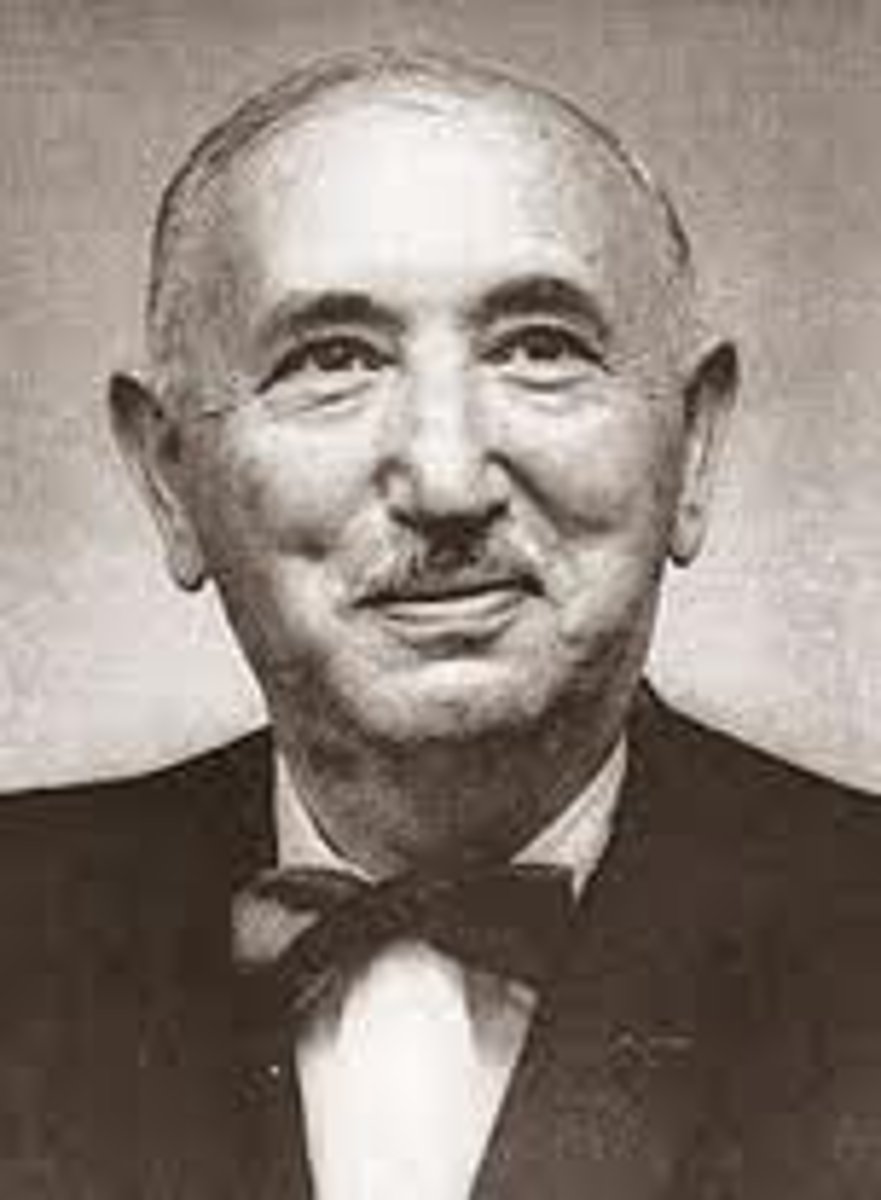
Paul Ekman
Interested in the universality of facial expressions: facial expressions carry same meaning regardless of culture, context, or language. Use of microexpressions to detect lying.
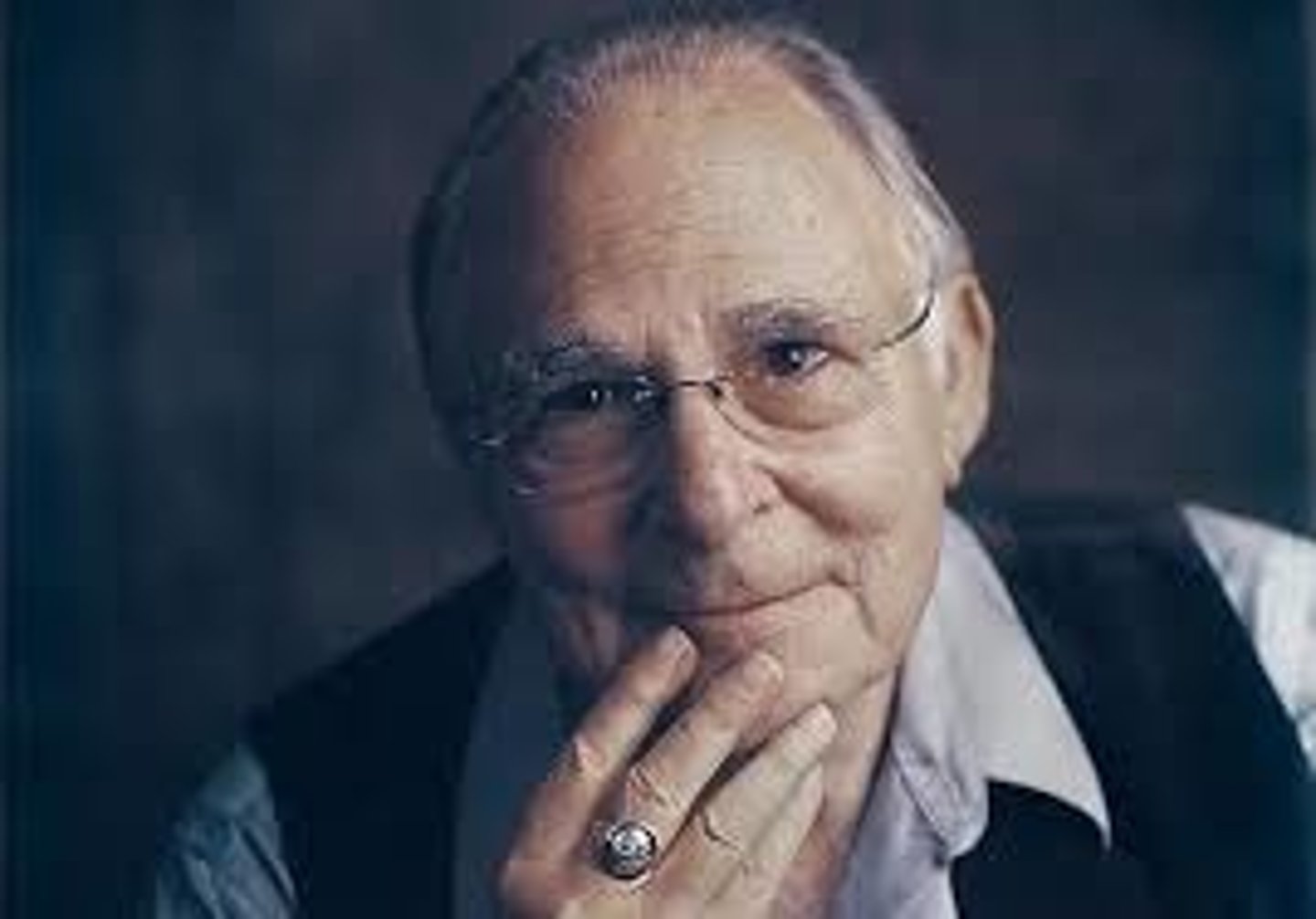
William Masters & Virginia Johnson
Used direct observation and experimentation to study sexual response cycle (4 stages)
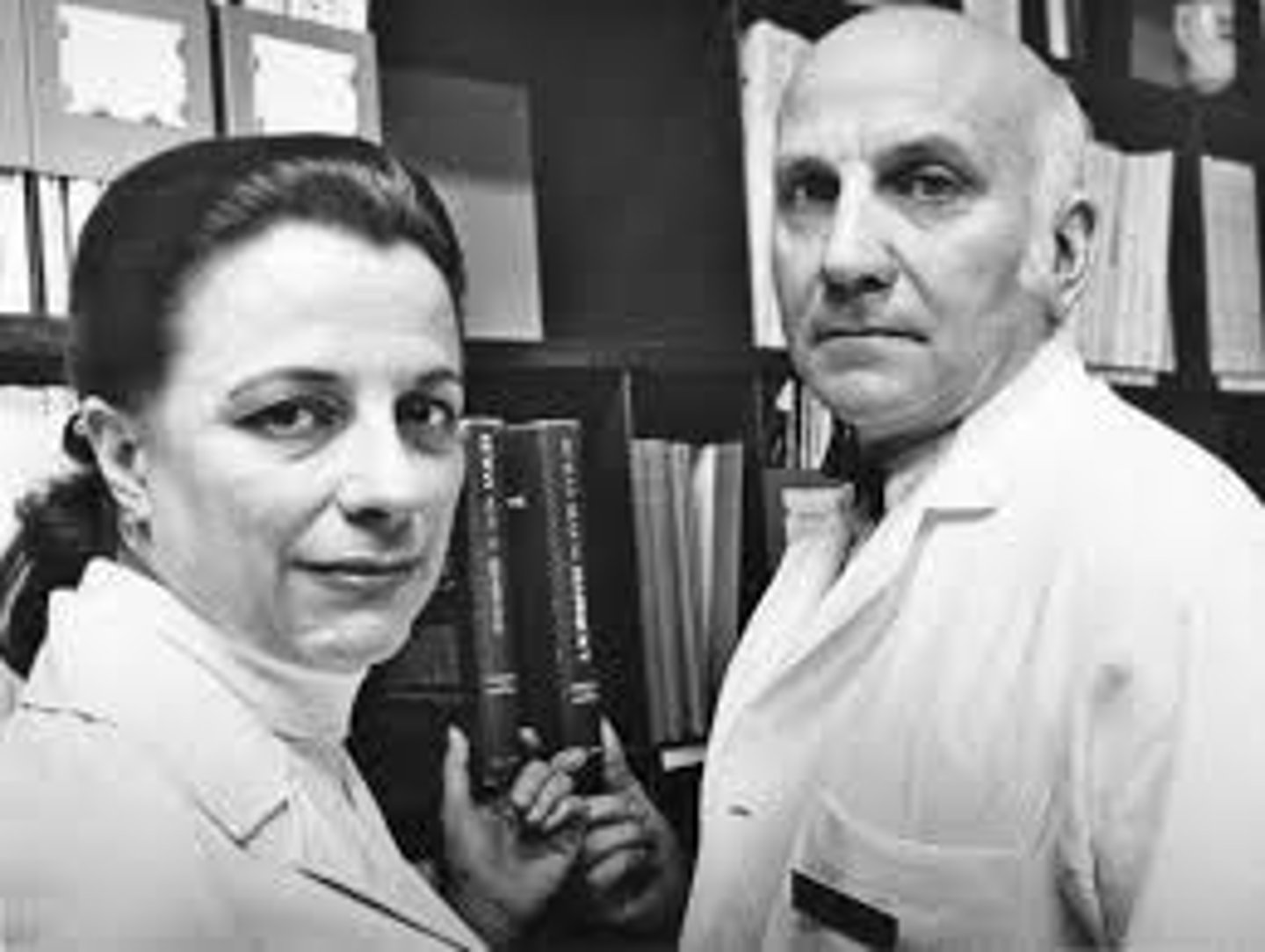
Raymond Cattell
Intelligence: fluid & crystal intelligence; personality testing: 16 Personality Factors (16PF personality test)
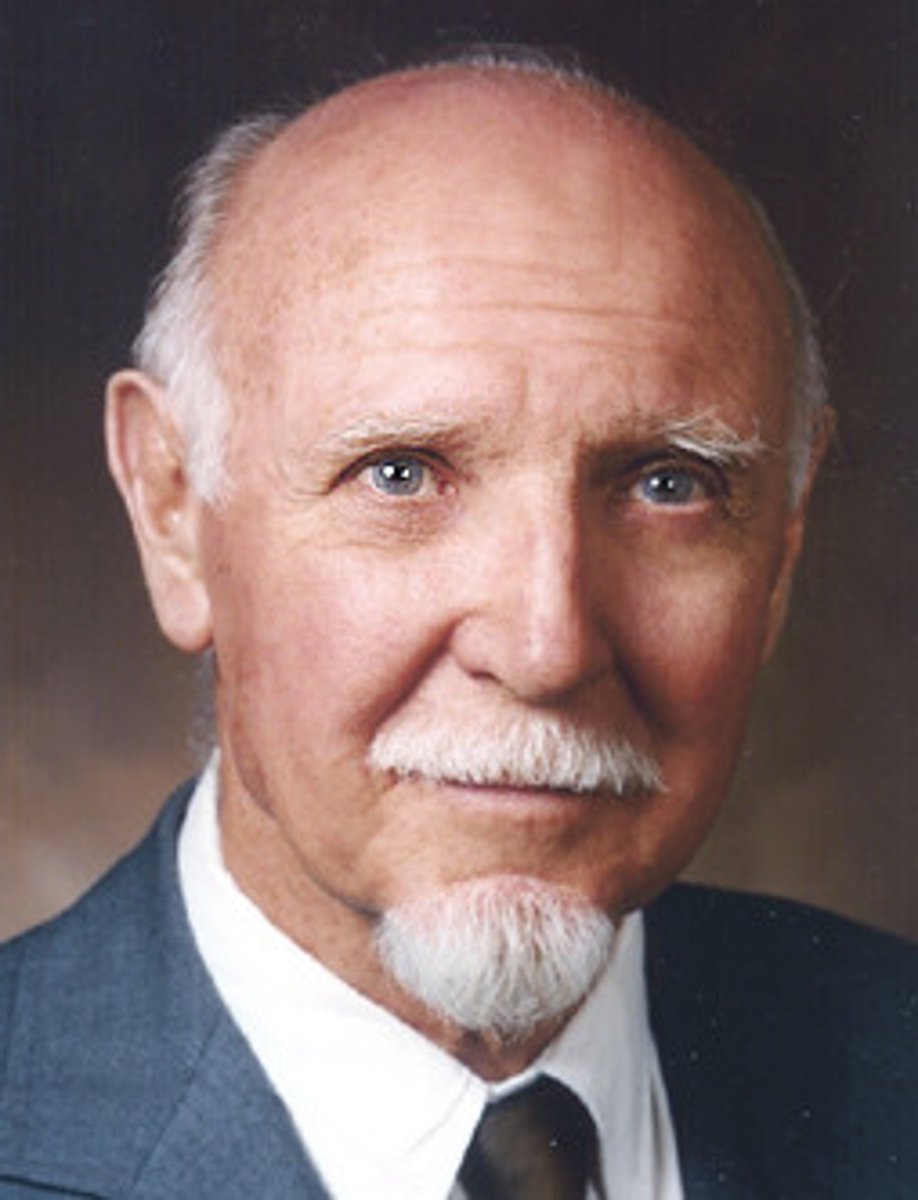
Edward Bradford Titchener
Student of Wundt and founder of structuralism. Used introspection to search for the mind's structural elements.
